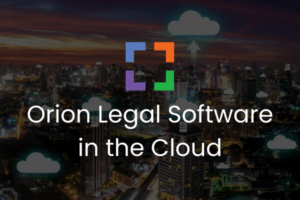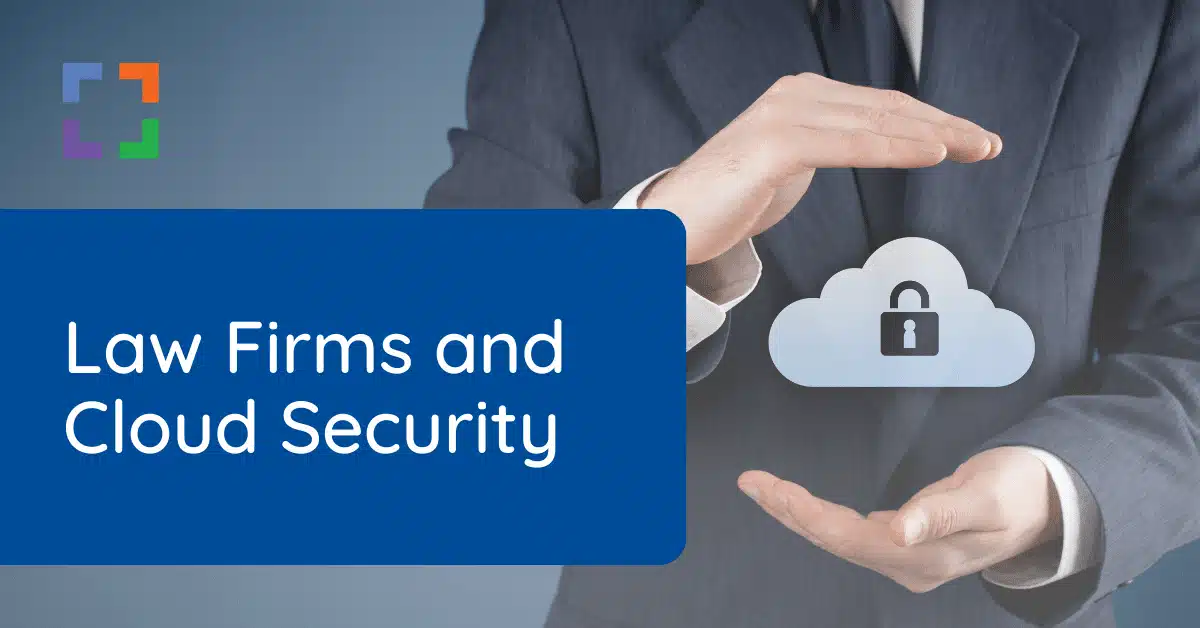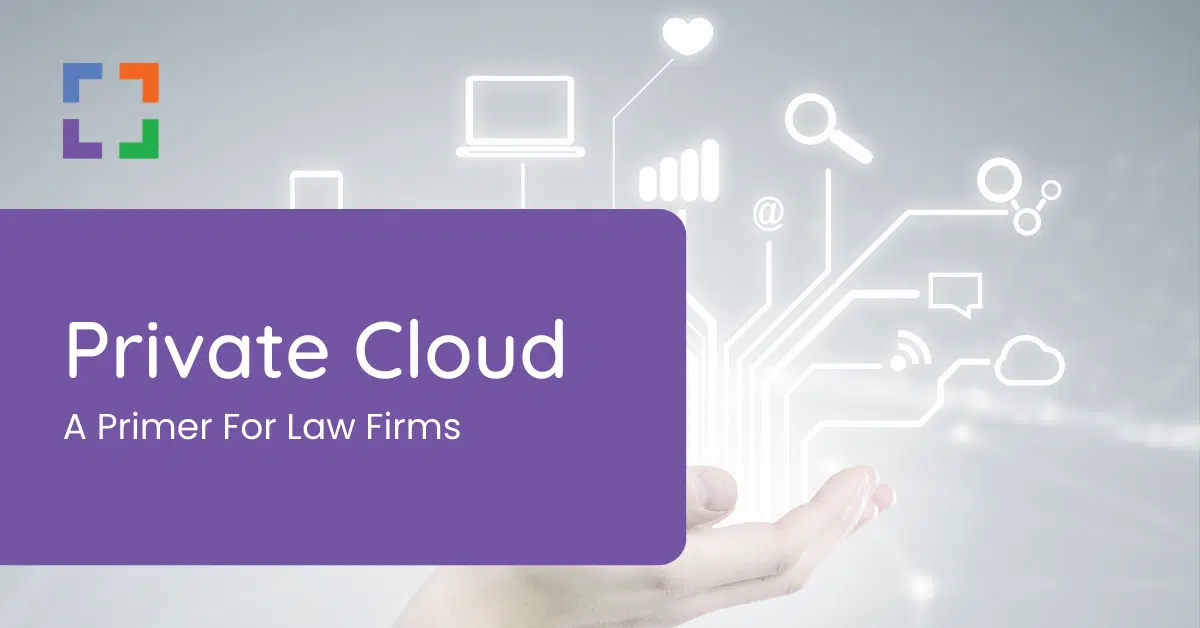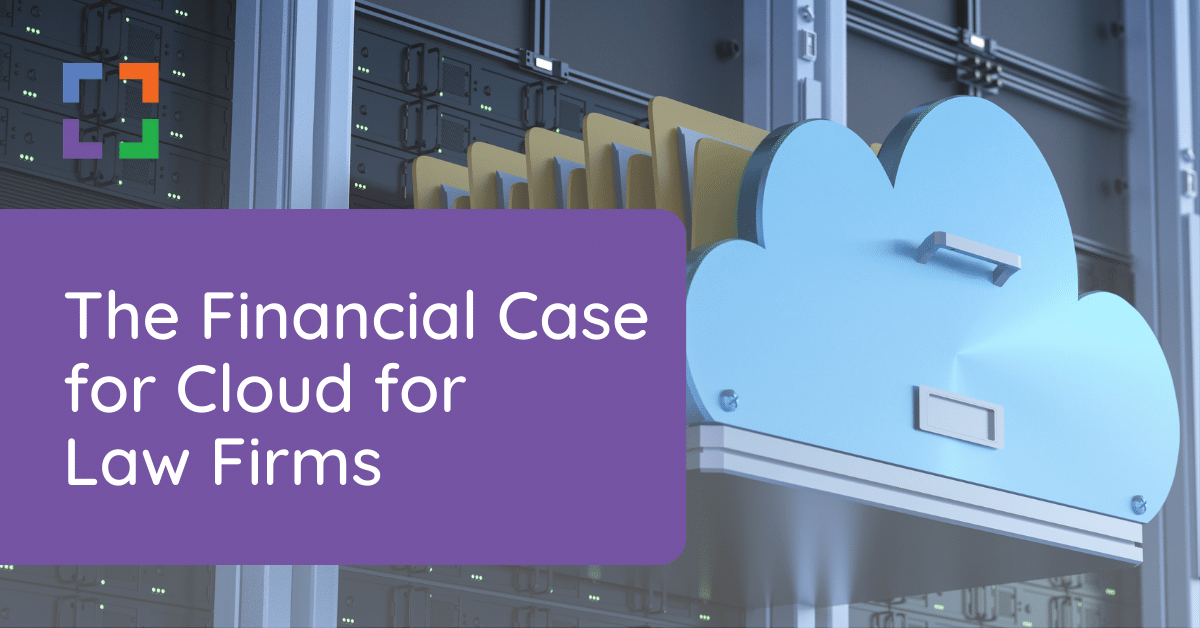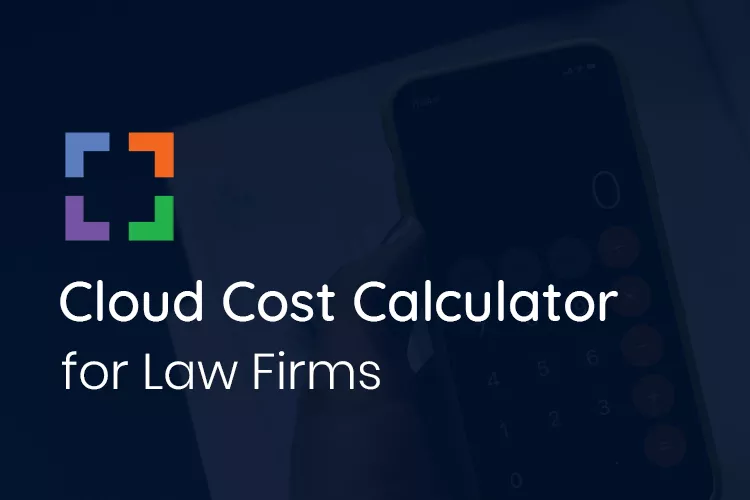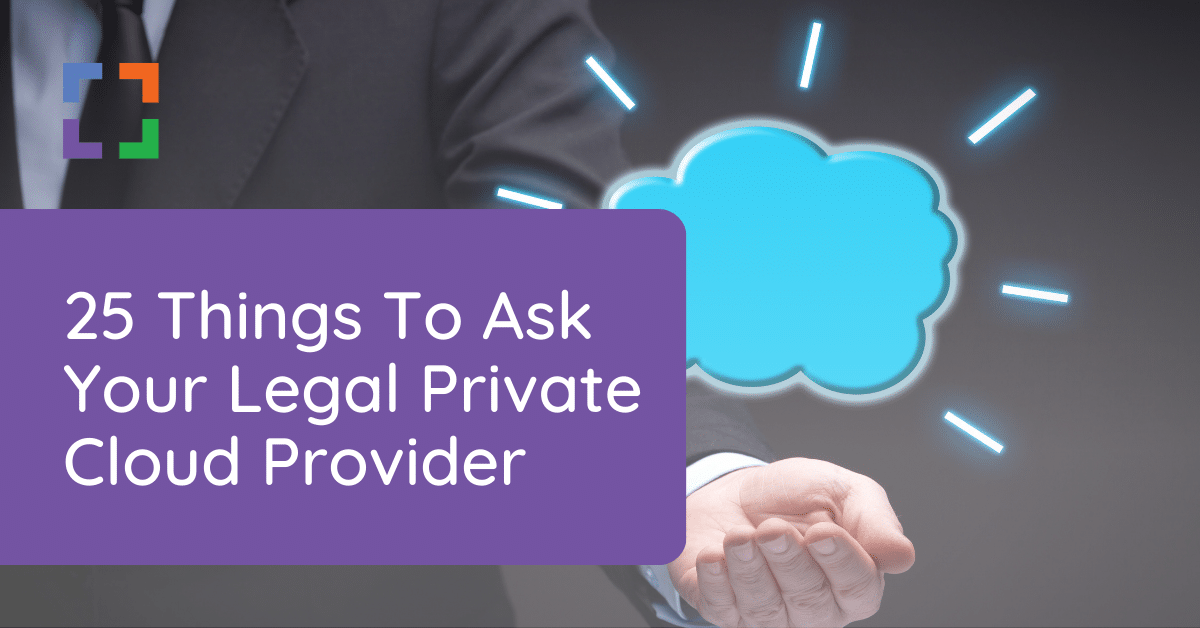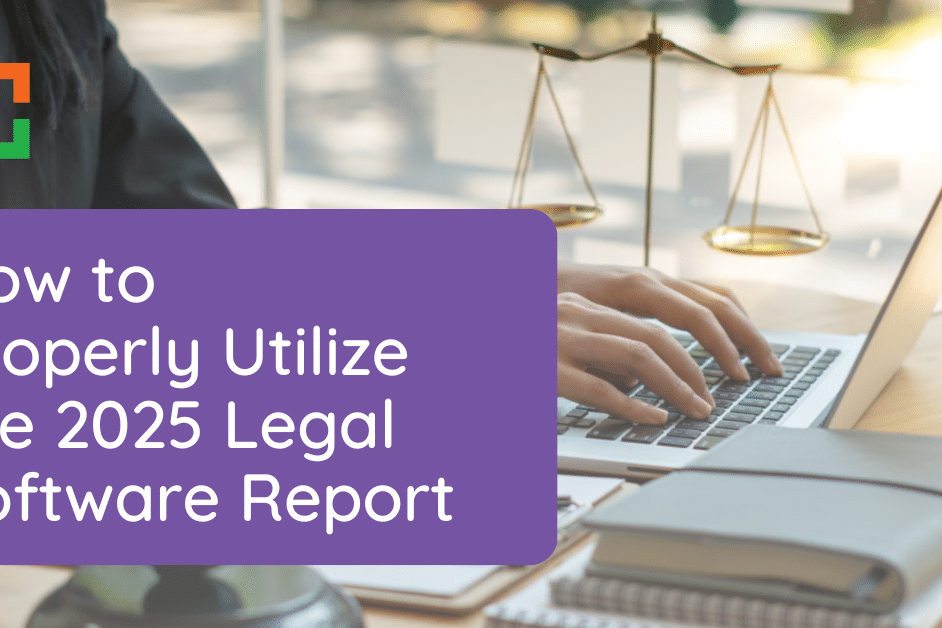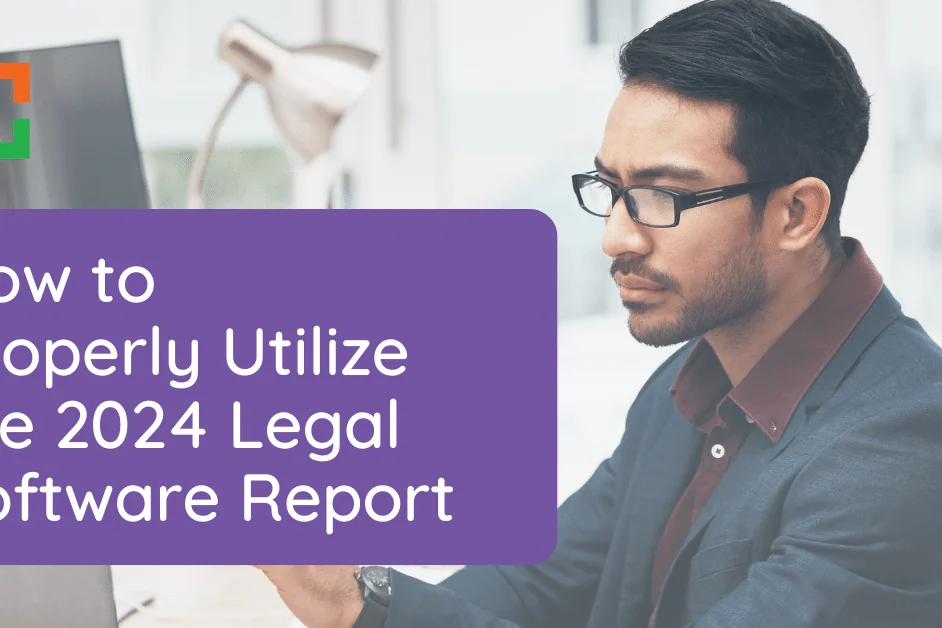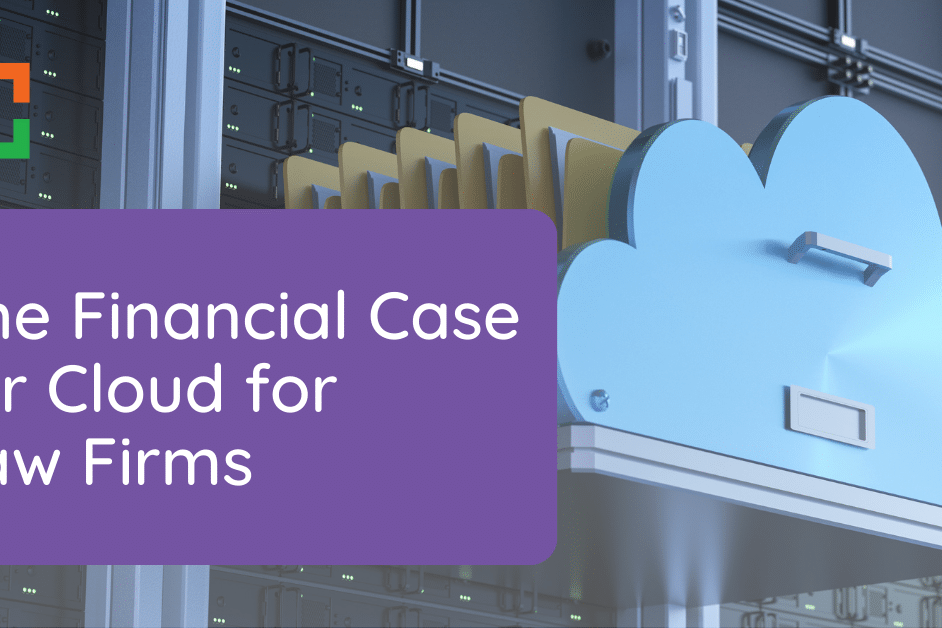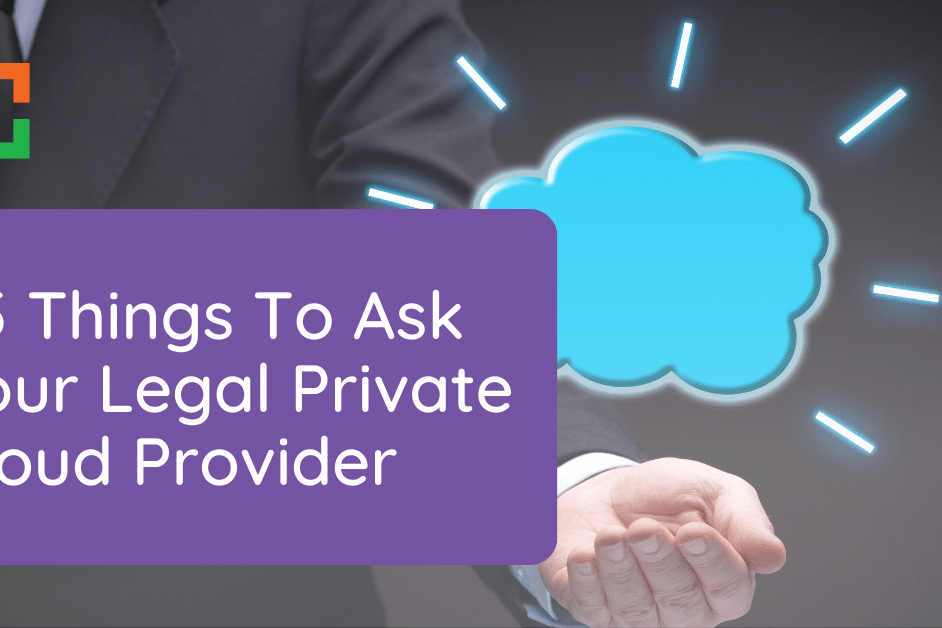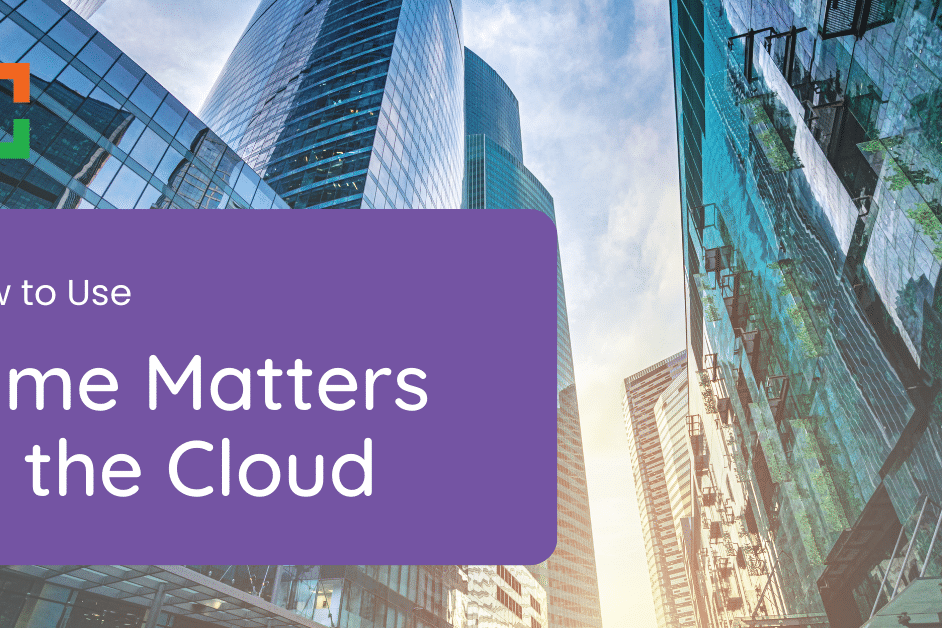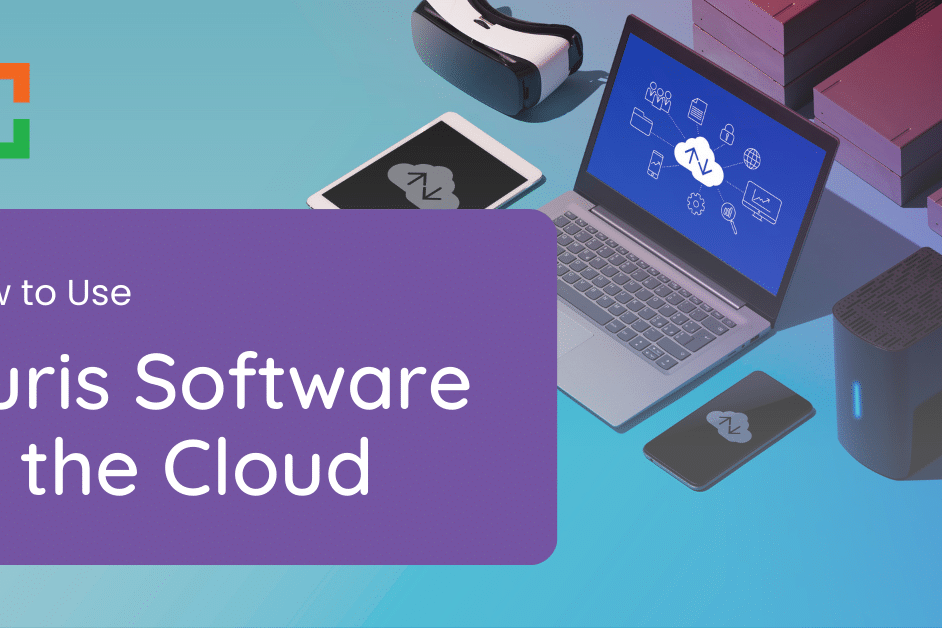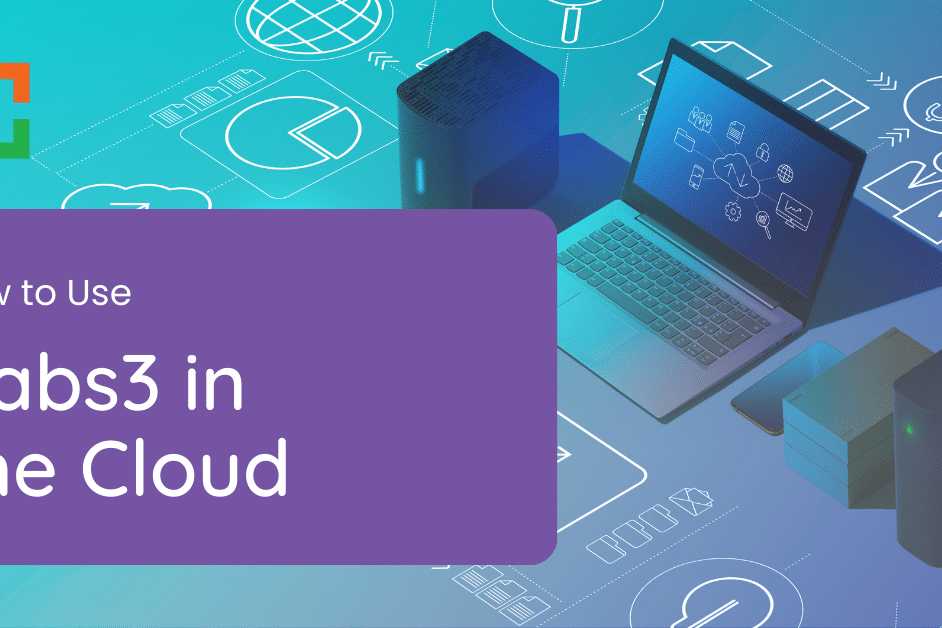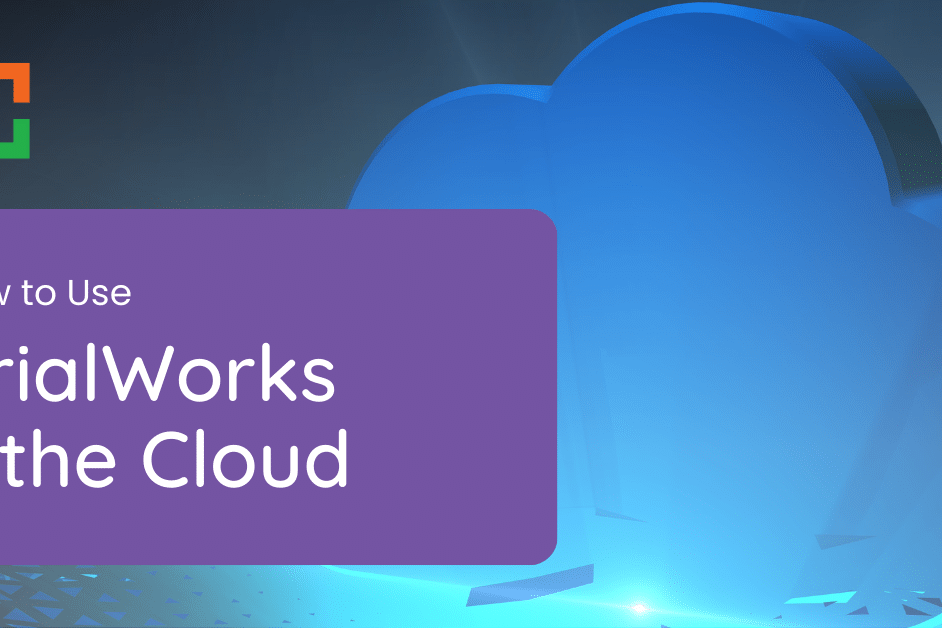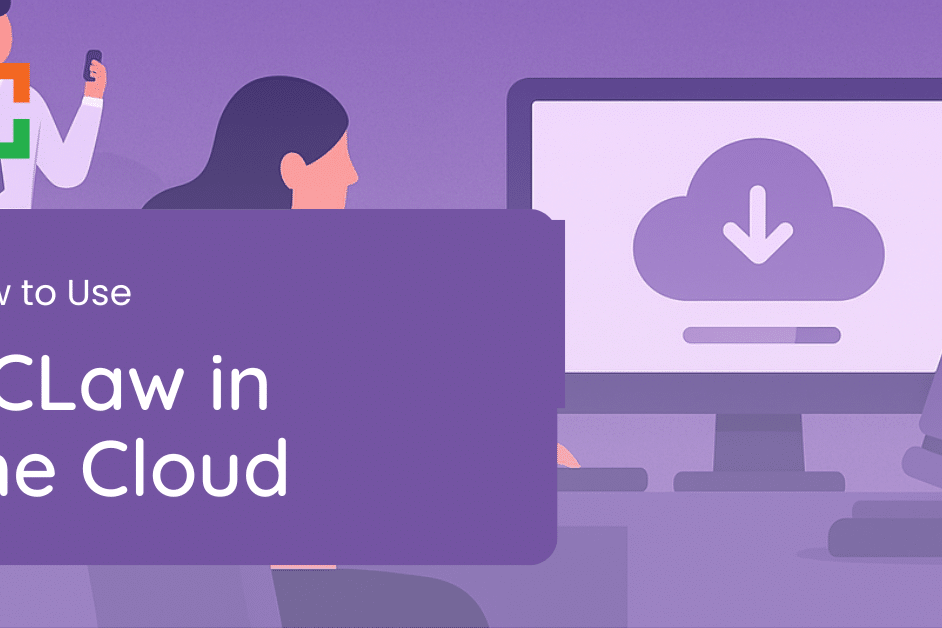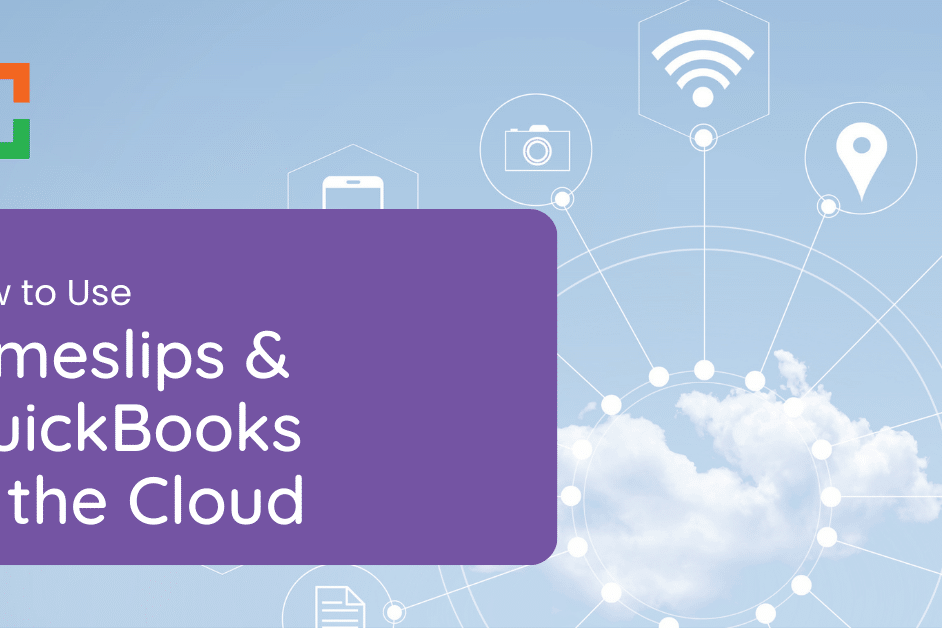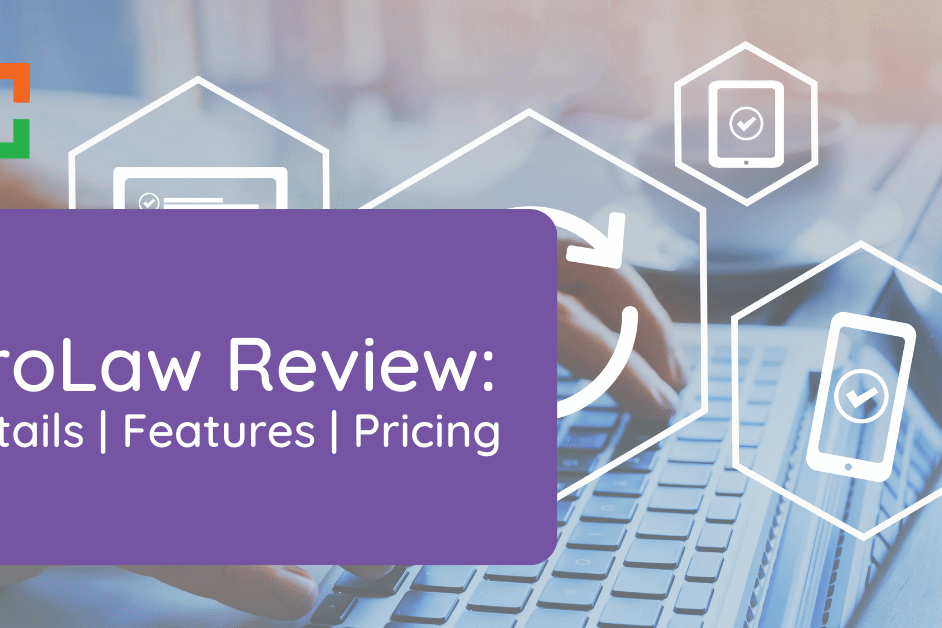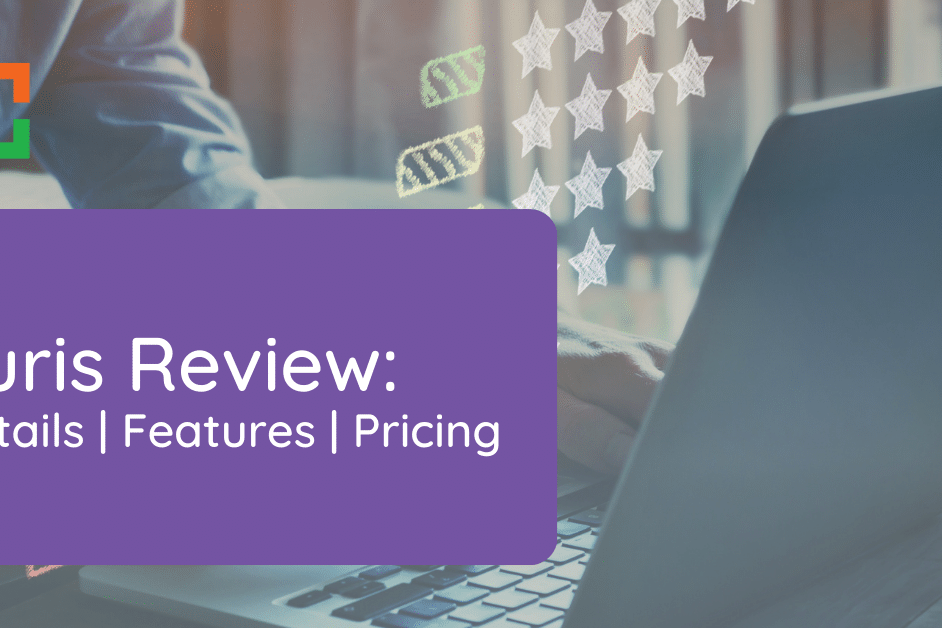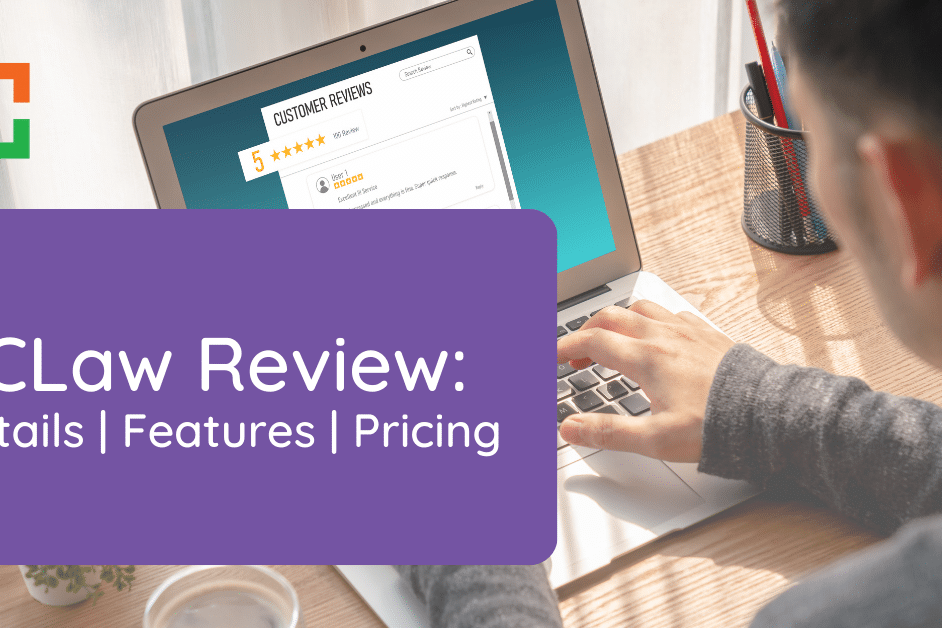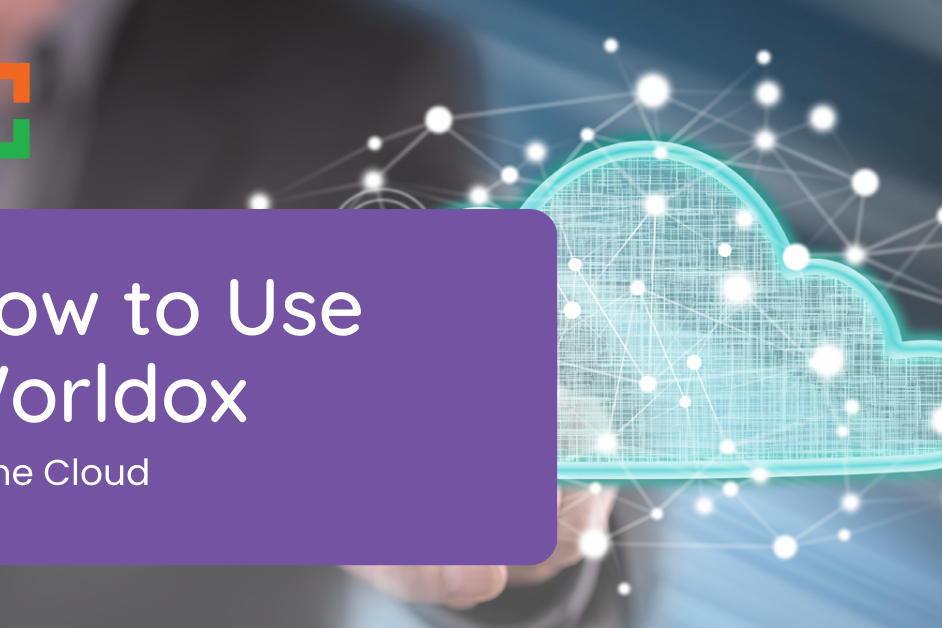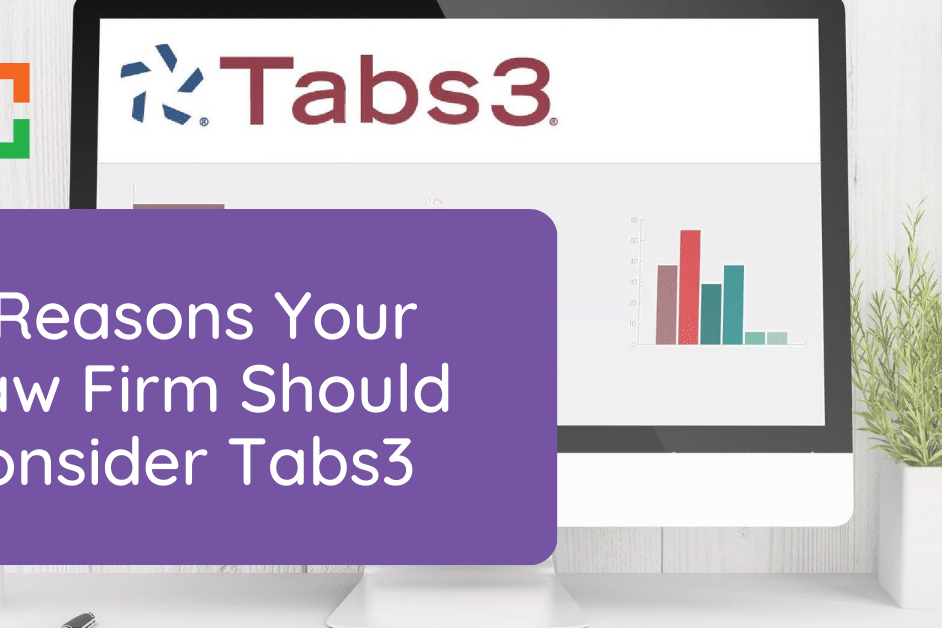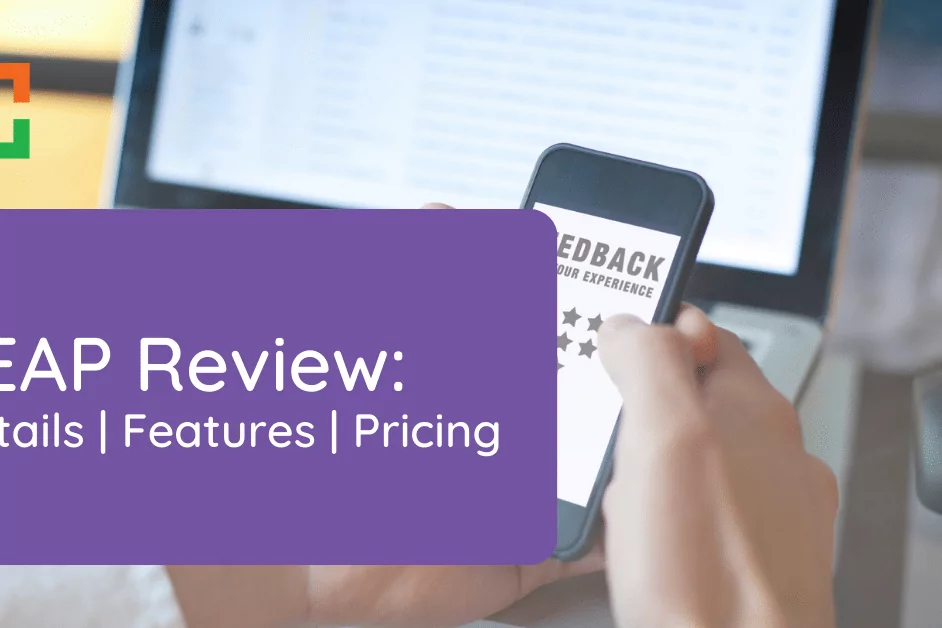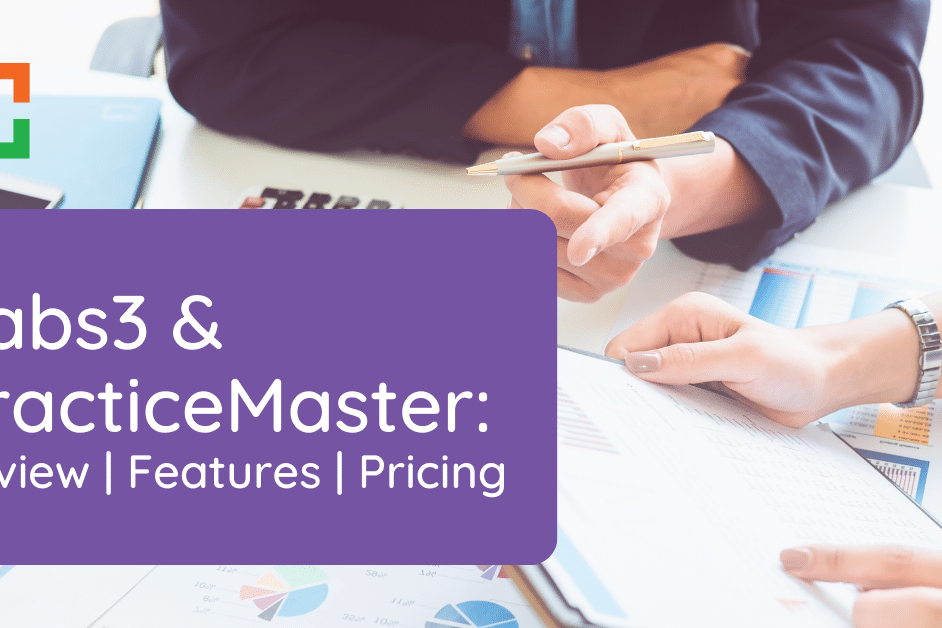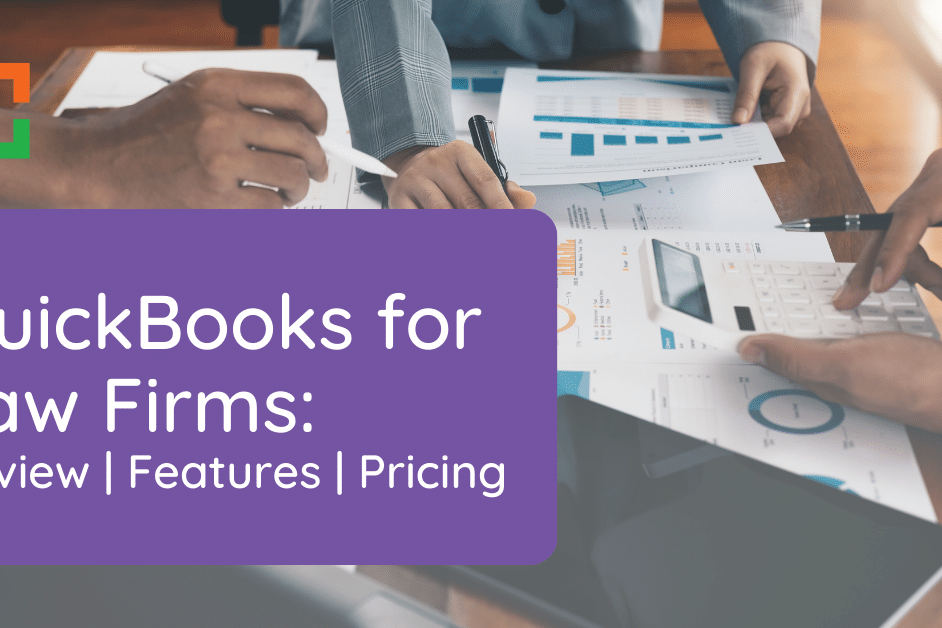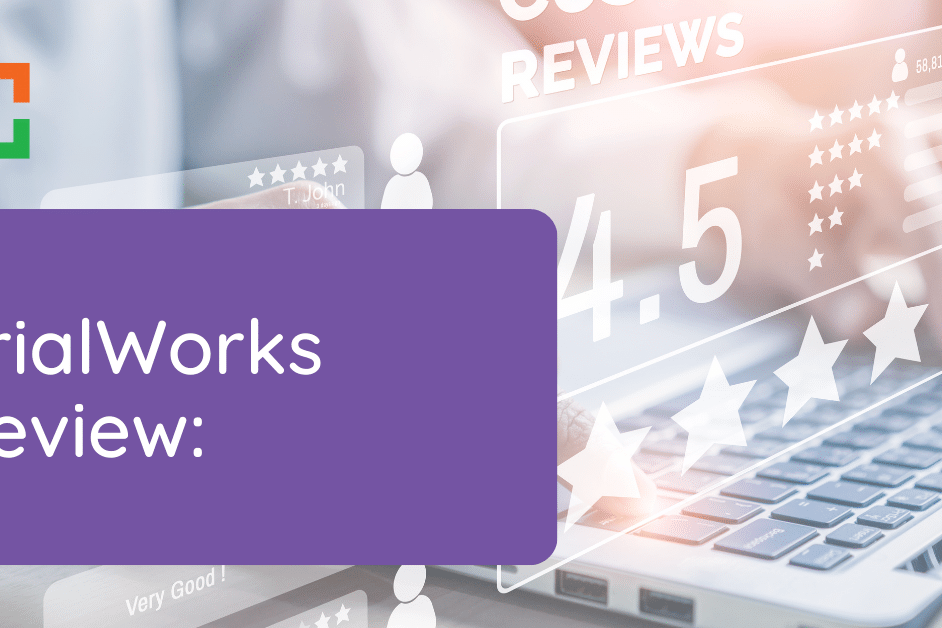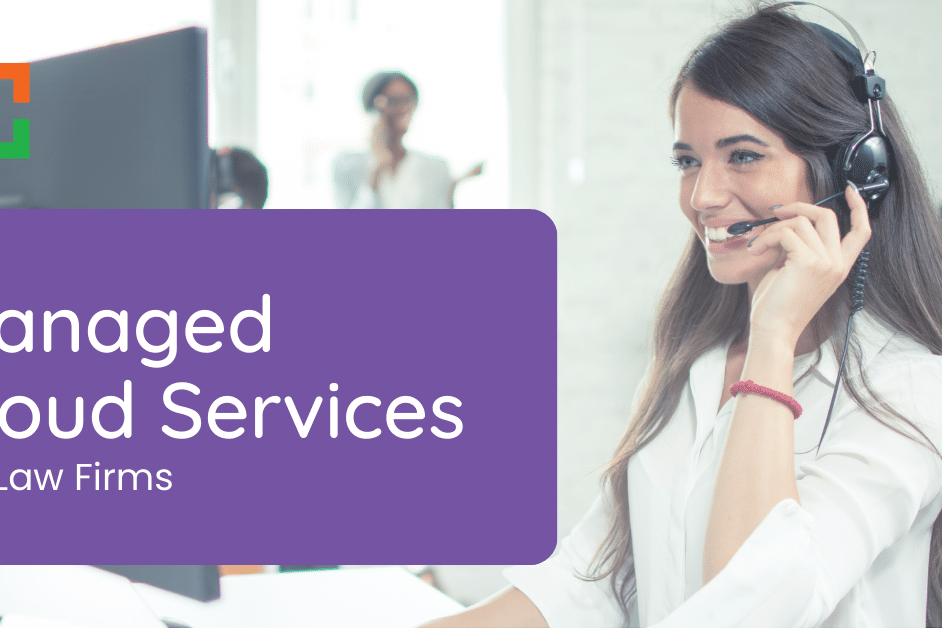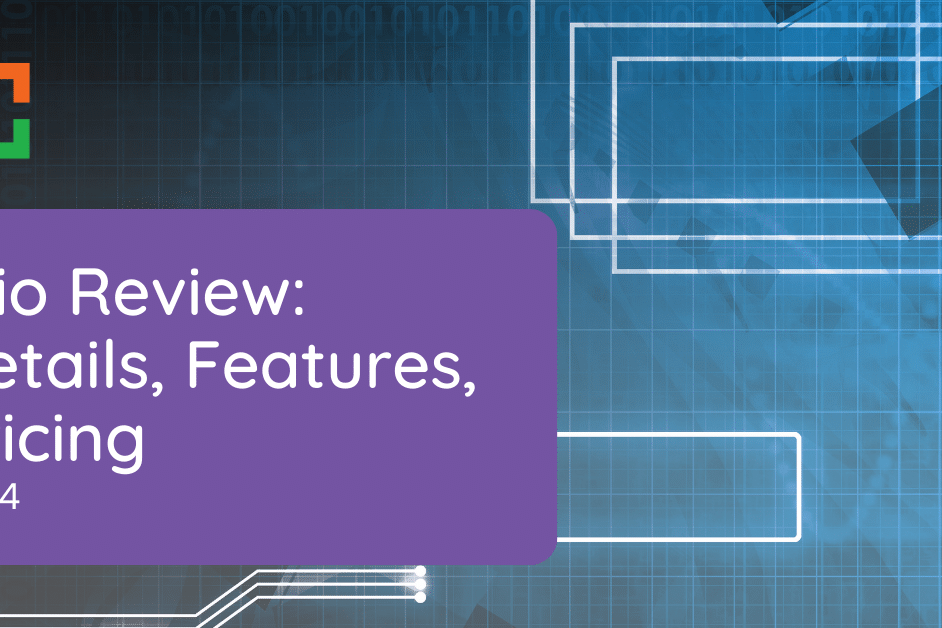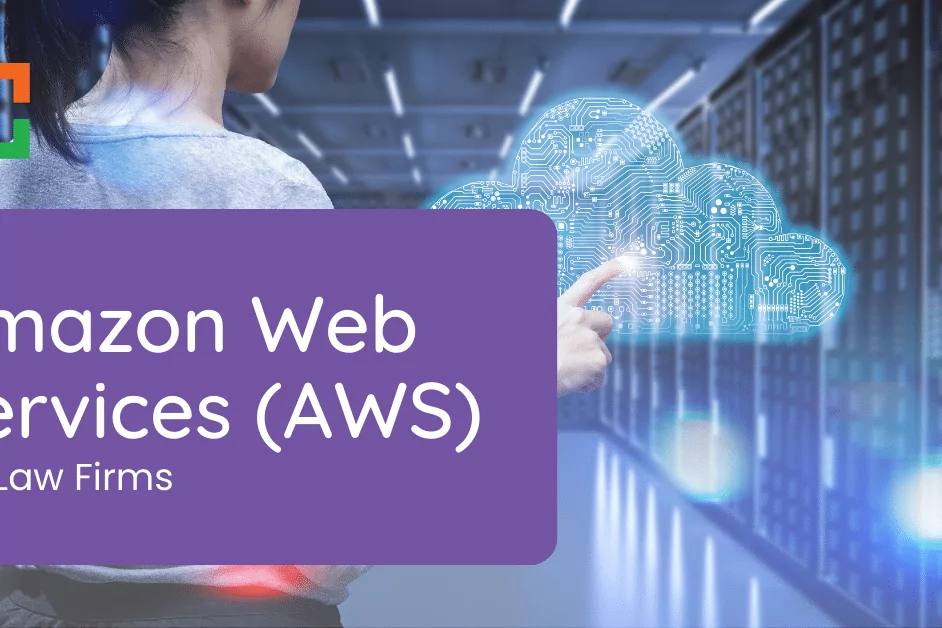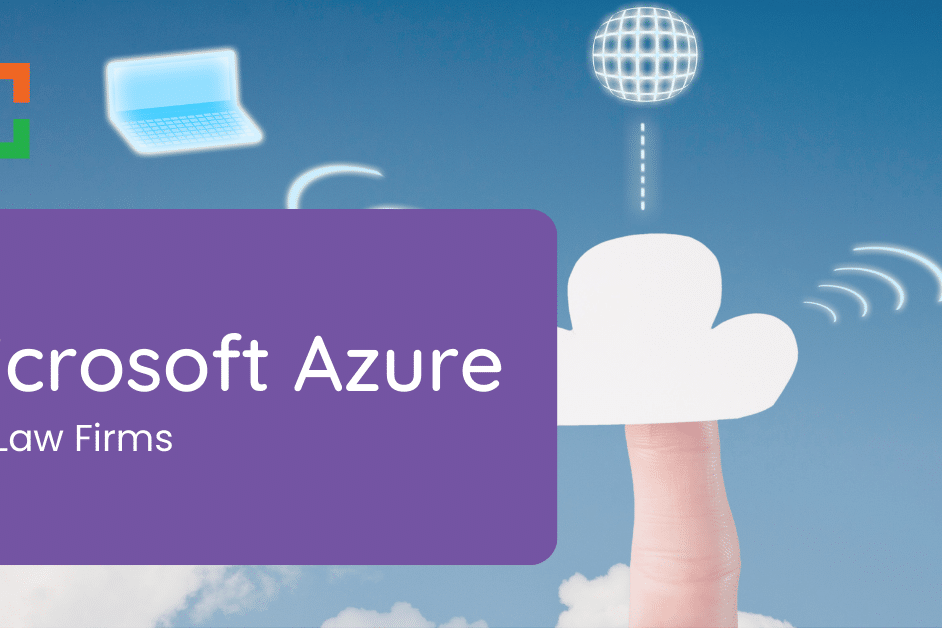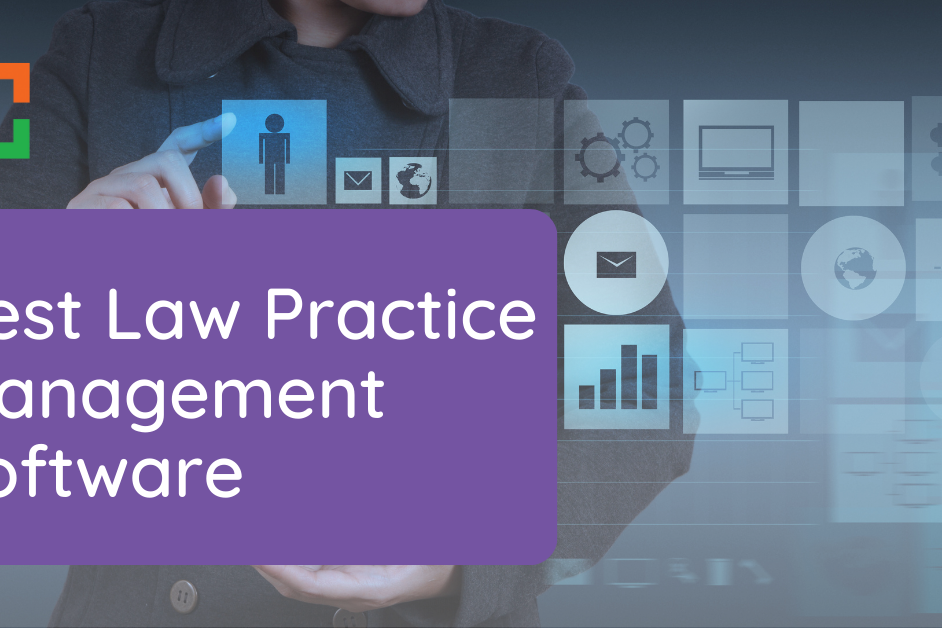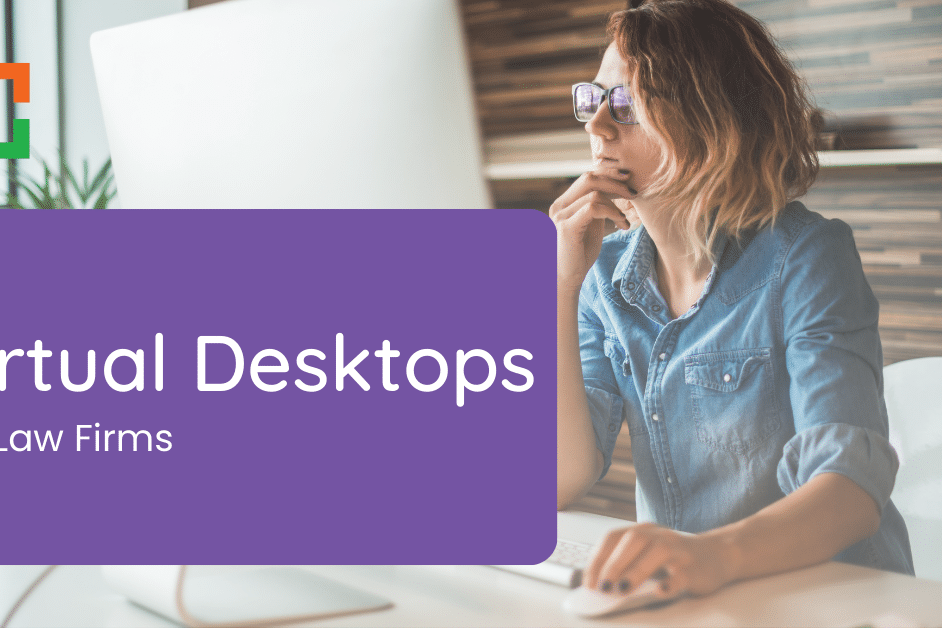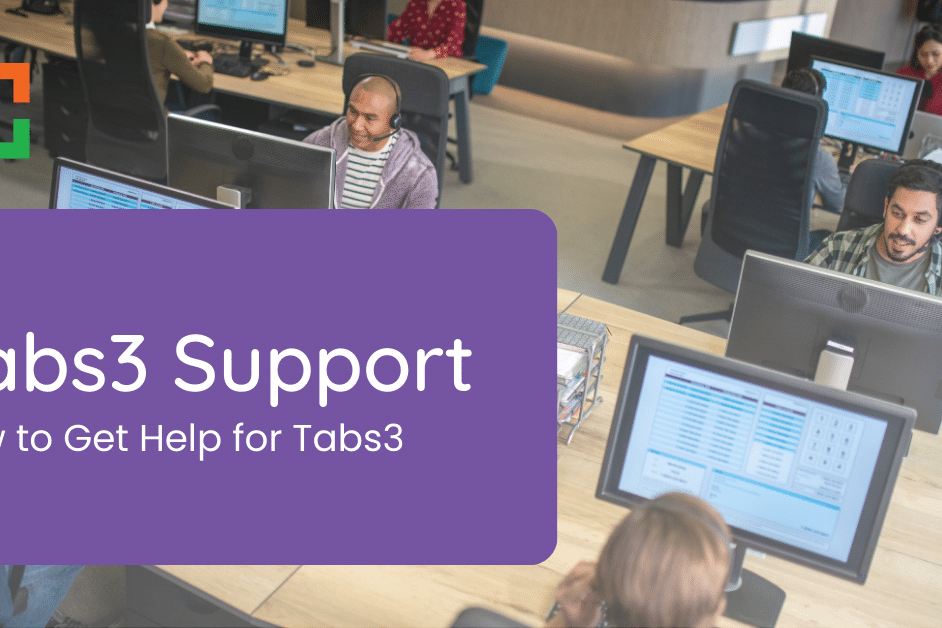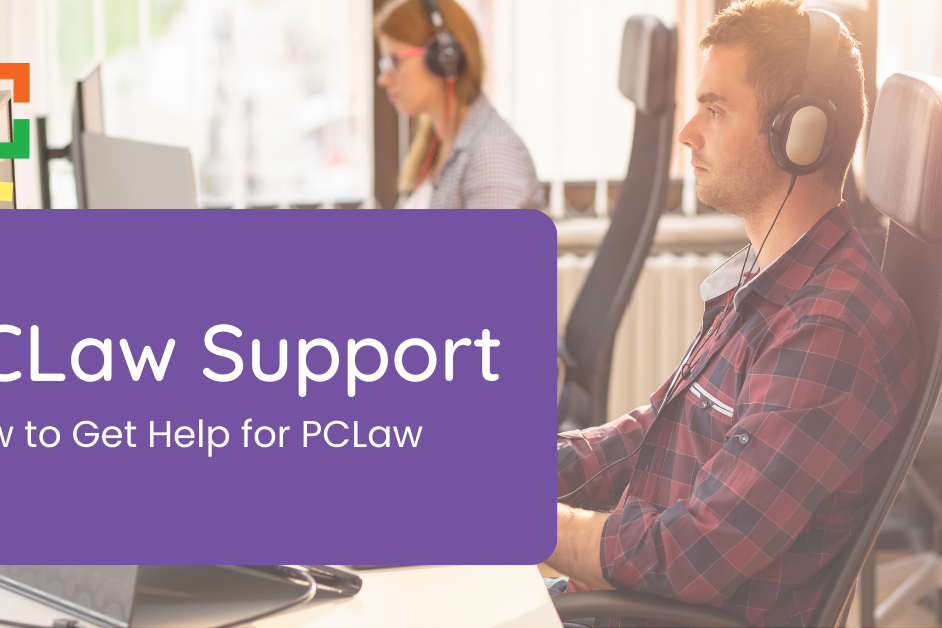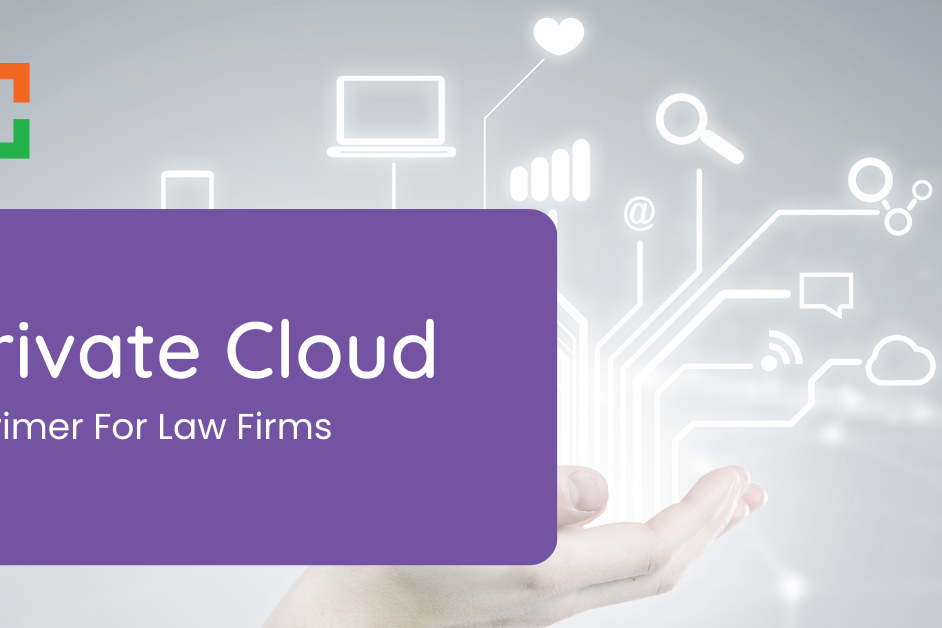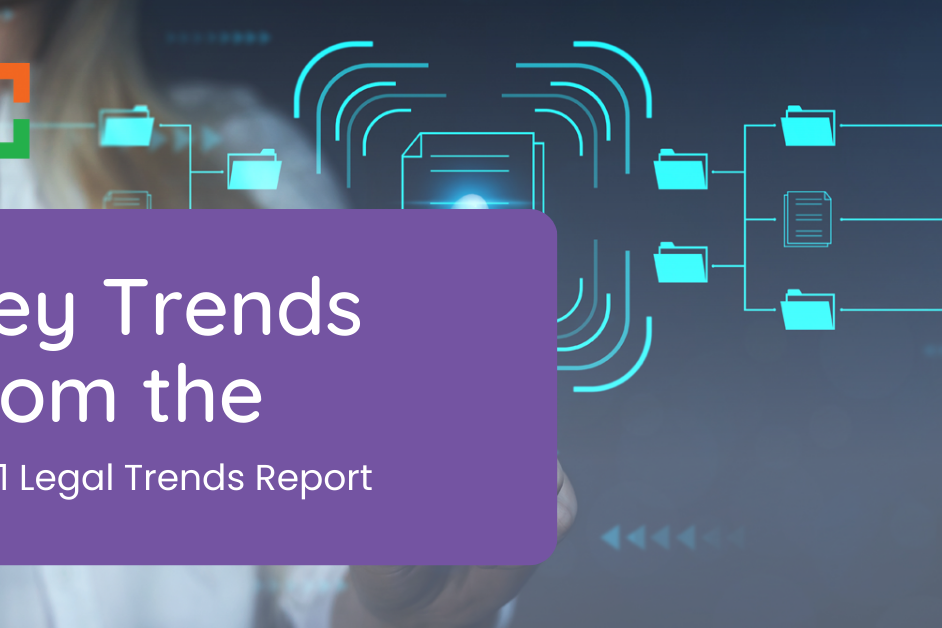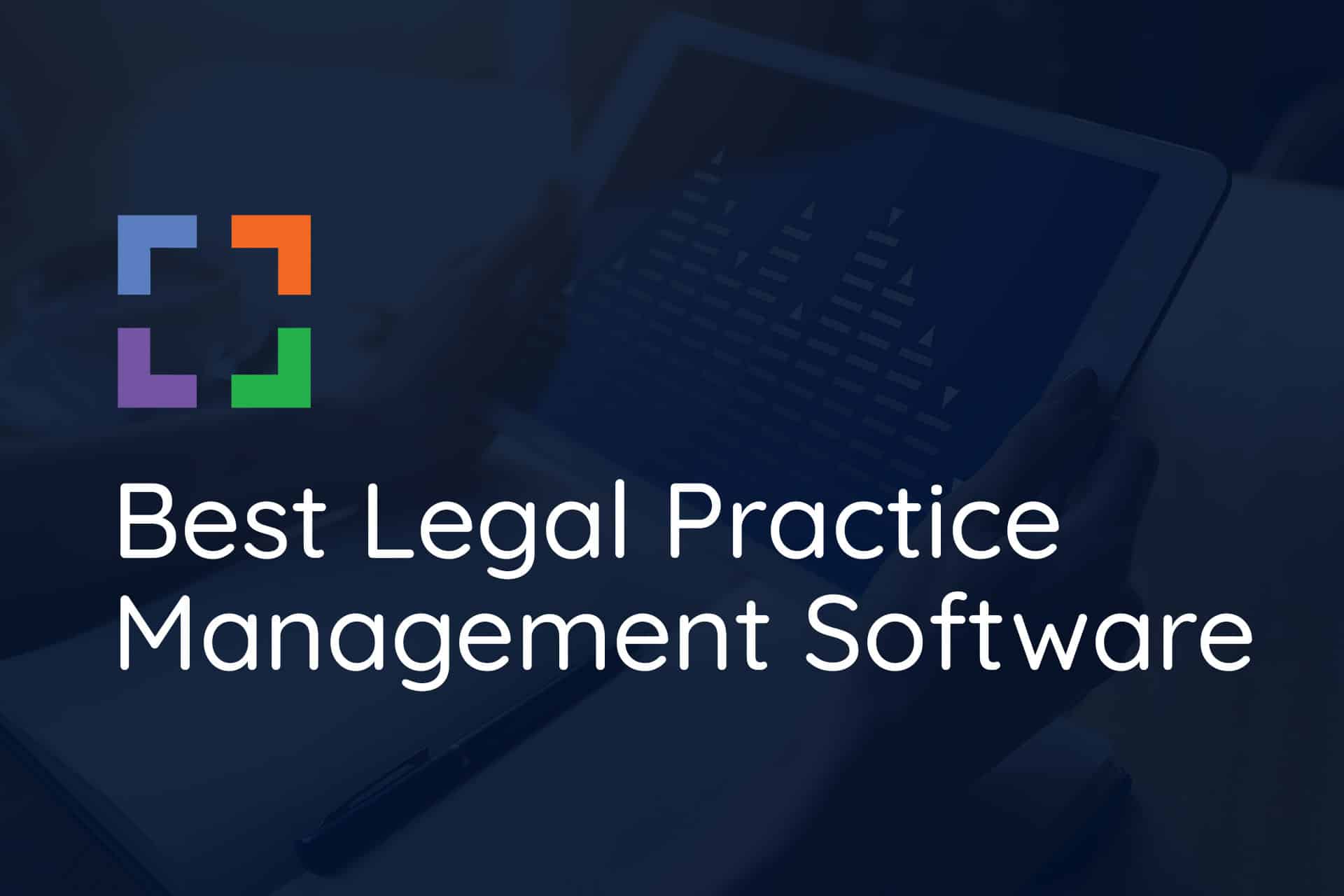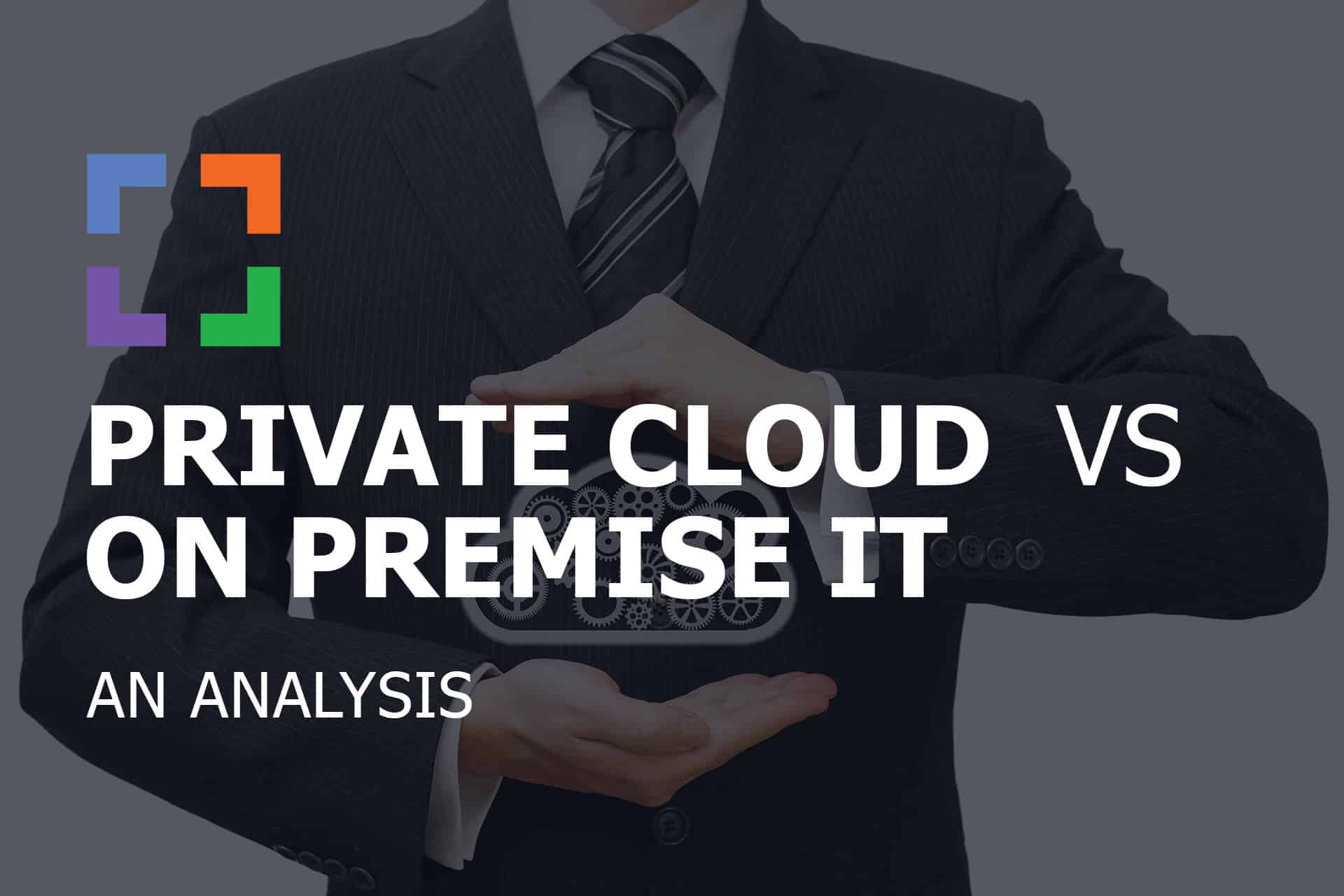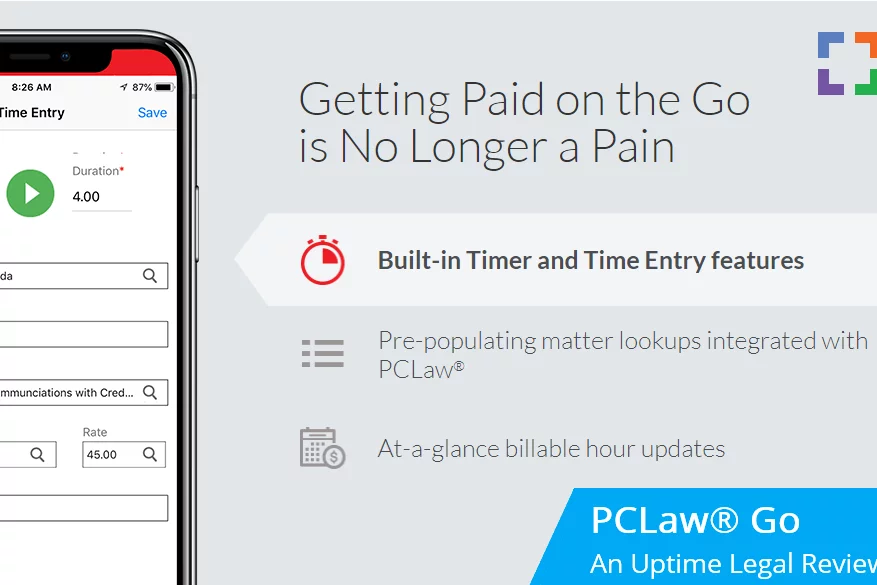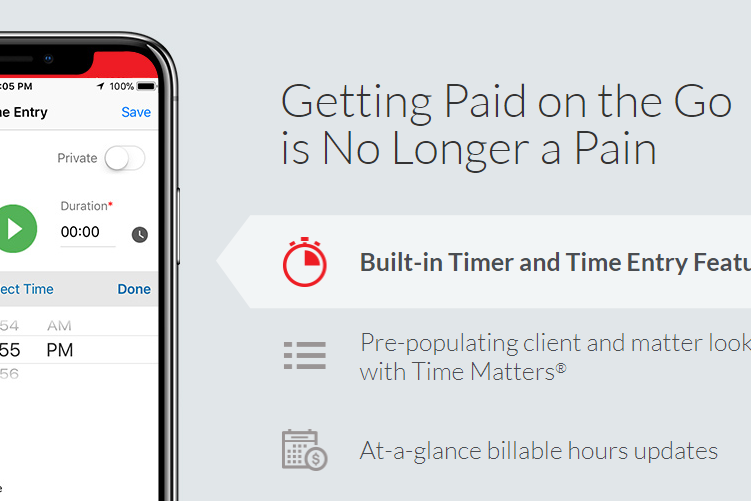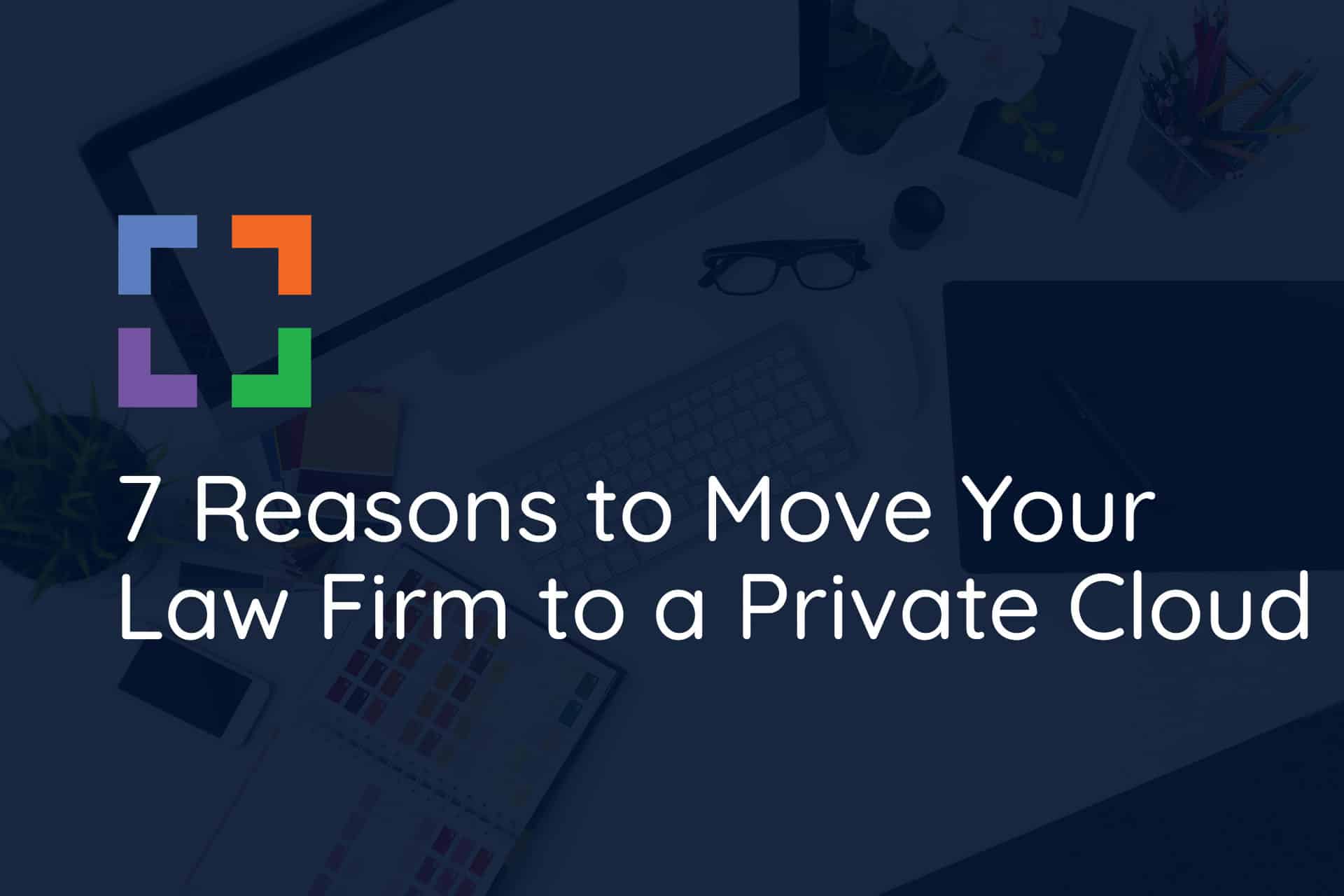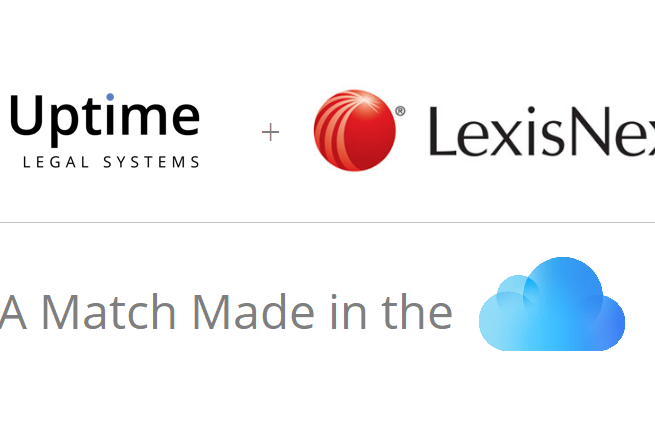How to Use Orion Legal Software in the Cloud in 2025
In 2025, Orion Legal Software remains a strong choice for firms needing robust practice and financial management tools. Its suite streamlines billing, accounting, and case management—but it’s still tied to on-premise servers that require costly upkeep.
For firms moving toward hybrid or remote work, that model is limiting. While Orion isn’t a native cloud platform, it can be hosted in the cloud, giving firms the flexibility and accessibility today’s practices need.
This article explores the reasons, methods, and best practices for running Orion in the cloud.
Whether you’re a small firm streamlining daily operations or a growing practice enabling your team to work from anywhere, Orion in the cloud can help.
In This Article
- Who This Guide is For
- Introduction to Orion Legal Software
- Advantages of Orion Legal Software in the Cloud
- Orion Legal Software as a Cloud App
- Orion Legal Software in a Private Cloud
- Orion Legal Software in a Virtual Desktop
- Migration: How to Move Orion Legal Software to the Cloud
- The Economics of Orion Legal Software in the Cloud
- Doing Your Due Diligence & Mitigating Risk
- Orion Legal Software in the Cloud – Frequently Asked Questions
Who This Guide is For
This guide will illustrate how to run Orion in the cloud. For all those who run Orion Legal Software for their firm (or will), we will help you understand why and how Orion is better when operated in the cloud.
People who can benefit from this article include:
- Law Firm Partners driving the IT strategy for their law firm
- Law Firm Administrators assigned the responsibility of managing the firm's technology
- Law Firm IT Consultants looking for solutions for their clients’ applications
In our ultimate guide to Orion cloud hosting and moving Orion to the cloud, we’ll bring you up to speed on every aspect to consider when thinking about and operating Orion in the cloud.
Learn About Uptime Practice
Practice Go
Practice Foundation
CLOUDIFY ORION
Just Orion in the Cloud: Turn your Orion into a cloud-based application. Eliminate servers, access Orion from anywhere.
FULL PRIVATE CLOUD
All of your software, documents and data in secure Private Cloud. Work in a flexible virtual desktop environment; optionally add Office 365 + support.
Introduction to Orion Legal Software
If you’re already familiar with Orion, feel free to skip ahead. But if you’re new to the platform—or considering it for your firm—this quick overview will help set the stage.
Founded in 1985, Orion Law Management Systems has long provided law firms with a comprehensive suite of practice and financial management tools.
Orion is fundamentally server-based software, designed to run on in-house servers. However, it can also be deployed in a private cloud hosting environment—a workaround that brings cloud-like accessibility without Orion being a true native cloud application.
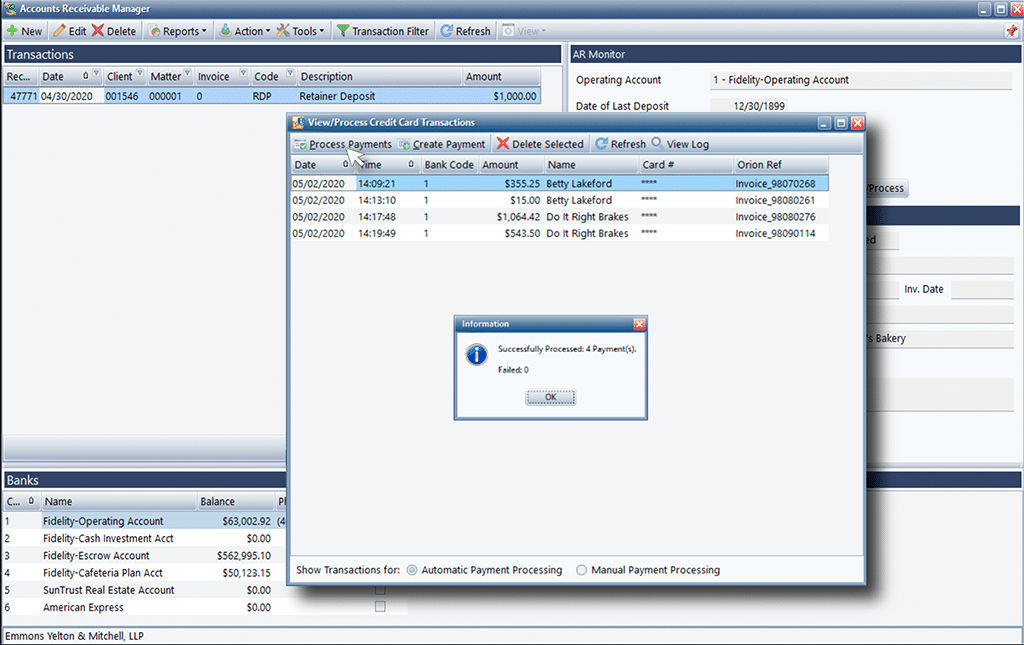
Looking at Orion from a bird’s view, it provides some great features.
Here’s a few:
- Billing
- Accounts Receivable
- AP Imaging
- General Ledger
- Case Management
- Communications
- Financial Statistics and More
Highlights
Like many server-based platforms, Orion delivers a feature set that often goes far beyond what a solo or small firm needs. Larger practices tend to get the most out of Orion’s advanced, scalable tools, while smaller firms may find simpler, web-based management software a better fit.
That said, web-based solutions can hit a ceiling as a firm grows. At that point, a more robust system like Orion—though traditionally tied to servers—can provide the depth and flexibility needed.
Customizable
No two firms operate the same way. Orion recognizes this, offering customization to align its practice and financial management tools with each firm’s unique workflows.
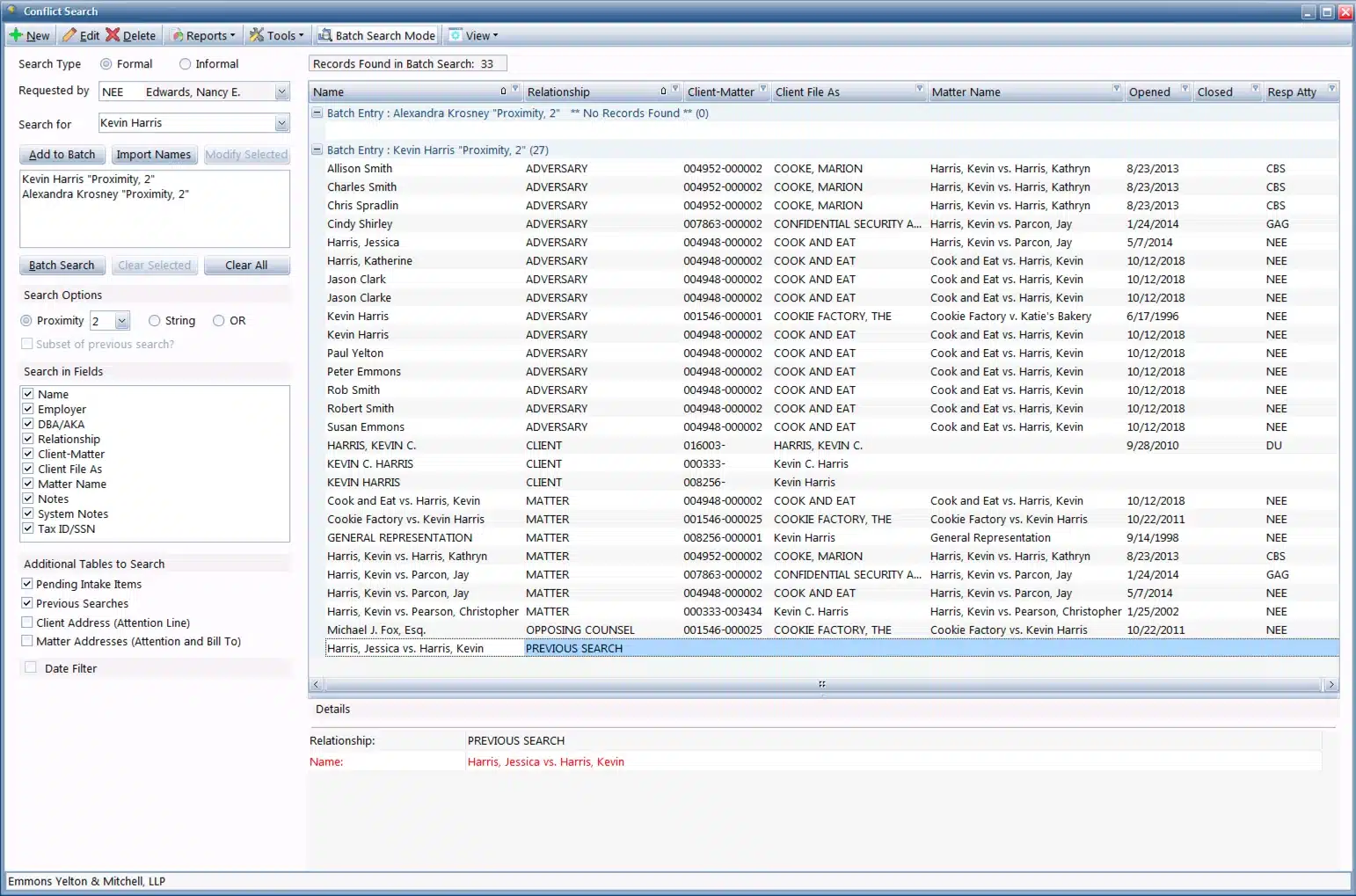
Stand-Out Features
Robust Billing Tools
Whether it’s Orion’s payment calendar that allows you to have easy access to the details of various payments, or the Billing/Receiving capabilities that efficiently capture and reflect orders and time-tracking in a professional way, Orion’s Billing Tools make getting paid and keeping track easy.
Tracking and Reporting
Being able to track matters is essential for proper organization and productivity.
Without it, it’s incredibly easy for matters to get jumbled or fumbled, thus losing clients.
When it is time to compile information on matters and financial data, Orion also provides reports with the ability to be tailored and defined to reflect exactly what you need to see.
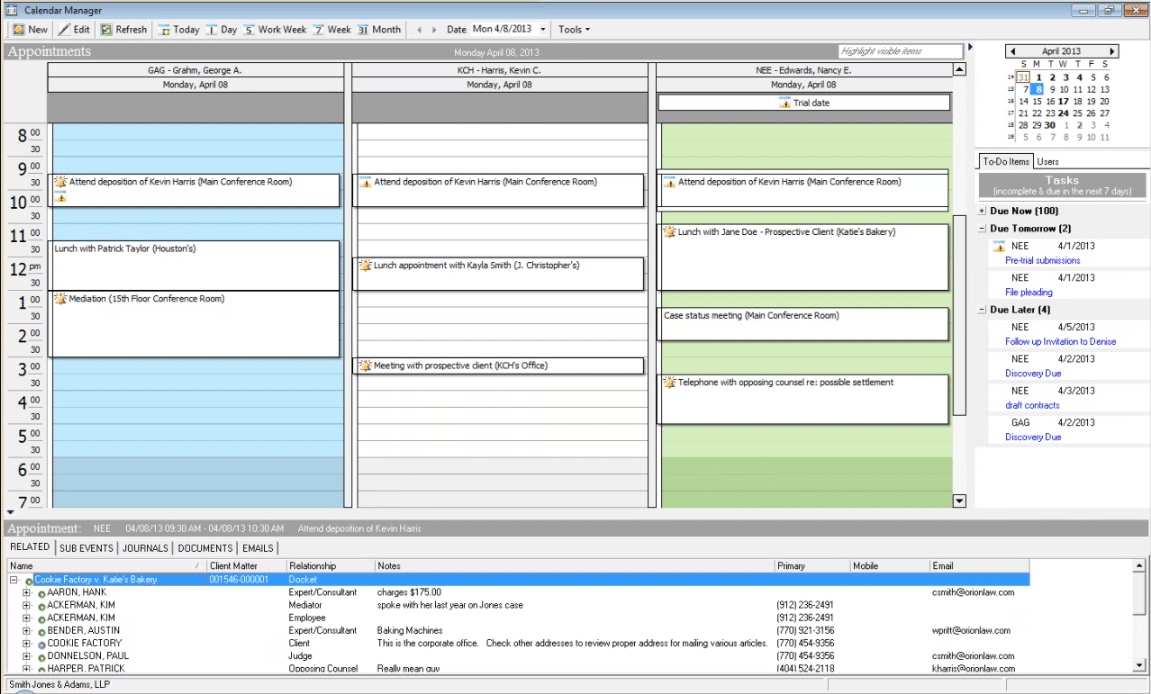
Docket Management
Orion’s system of calendars, tasks, contacts, and productivity tools helps you manage your dockets, so nothing gets missed, and everything is attended to.
It even helps you manage critical dates and communications.
Case and Client Handling
With Orion’s Case Management Dashboard, you’re able to view the upcoming cases, necessary details, and connect relevant information for easy searching and viewing.
You can also store communications, referrals, and much more.
Sidebar: Legal Document Management
Orion Legal Software is great for practice management, financial tracking, and essential firm management.
However, your firm may need to supplement Orion with a dedicated Document Management System to securely manage firm documents and email.
You might consider LexWorkplace, document management software born in the cloud, built for law firms.
- Securely Store & Manage Documents in the Cloud
- Client/Matter-Centric Document Organization
- Full-Text Search Across All Documents & Email
- Outlook Add-In: Save Emails to Matters
- Work with Windows and Mac OS
Who is Orion Good For
Orion is used to its full potential when utilized in larger firms.
While smaller firms and solo ventures can use Orion Legal Software, they may find that its cost and functionality exceed what they’re looking for.
Don't Abandon Your Software for the Cloud
The cloud has fantastic benefits for law firms.
Aware of this, some law firms that value the convenience and versatility of the cloud feel as though they need to give up the software that they love for the cloud, so they leave their beloved software for a web-based software application.

The issue here is that web-based applications typically consist of minimal features and functionality when compared to their premise-based counterparts. Orion, for example, is a sturdy platform that objectively provides a better experience.
As we’ve witnessed, law firms frequently leave their hearty software for barebones web applications, and end up having to switch back.
The good news? Now you can keep the software that you know and love while having Orion Legal Software hosted in the cloud.
Advantages of Orion Legal Software in the Cloud
Orion Legal Software is very functional and efficient. And, it’s even better in the cloud.
Most law firms have a better time when they’re in the cloud. With the various benefits that come with setting yourself up in the cloud, it’s no wonder why law firms such as yours are considering ways to take advantage.
Well, while you once had to decide between using your favorite tools and being in the cloud, you now have the option of doing both. We’ll explain how, but first, let’s talk about why you would want to in the first place.
Why One or the Other? Choose Both.
The cloud gives users freedom to work from anywhere, to access your files from anywhere, and the comfort that comes with handing off your security needs to a cloud-hosting provider.
Orion Legal Software provides users with extensive methods to manage financial matters, numerous cases, and your firm itself.
The combination of the two gives your firm the flexibility to be managed just as well from anywhere you decide to work that day.
Managing Servers & IT is a Hassle.
For years, running servers was simply the price of entry for law firms that wanted access to serious practice management software. The alternatives were limited—often too basic to be viable.
That reality hasn’t gone away: server-based applications like Orion still offer more depth than many web tools. But relying on in-house servers comes with costs and headaches that firms can’t ignore.
Think about it in two ways:
-
Proactive costs — buying equipment, licensing software, paying for backups, and maintaining security before anything goes wrong.
-
Reactive costs — scrambling to fix servers when they crash, fail, or become obsolete.
To run Orion on your own servers, you’ll need to:
- Purchase Server Equipment Every 3 - 5 Years
- Purchase and Implement Microsoft SQL Server
- Implement and Manage Backups & Disaster Recovery
- Implement and Manage Data Security (Encryption, etc.)
- Perform Routine Preventative Server/IT Maintenance
- Retain an IT Consultant or Firm to Keep Everything Running
Having Orion Software Cloud-Based gives you the opportunity to combine the benefits from cloud-hosting without the inevitable headaches of server ownership.

Work From Home, a Coffee Shop, a Plane…
Being tied to a single office computer is both outdated and impractical. Imagine needing to check a case file or review a report, only to drive back to the office just to get access. It’s not worth it.
Attorneys and staff should be able to work wherever they are—whether that’s at home, in a coffee shop, or 30,000 feet in the air. With Orion in the cloud, that freedom is possible.
Running Orion in a private cloud gives your firm secure, full access to billing, reporting, correspondence, and documents from any device, anywhere. No more clunky VPNs or awkward remote-desktop workarounds—just direct, reliable access to the tools you use every day.
Data Security and Compliance – Nothing to Play With.
Law firms carry both a moral responsibility and a regulatory obligation to safeguard client data. With cyberattacks on the rise, protecting sensitive information is no longer optional—it’s essential.
When Orion is hosted in a reputable private cloud, your application and data benefit from security standards that few firms can match with on-premise servers.
Instead of relying on “servers in the closet”—expensive, high-maintenance, and often poorly managed—you gain access to enterprise-grade protections such as:
- Data Encryption In-Transit and At-Rest
- And-to-End Virus Protection
- Protection Against Ransomware
- Multi-Factor Authentication (MFA)
- Redundant Data Centers
- Backups with Point-In-Time Recovery
- Enterprise-Grade Firewall Protection
- Active Threat Monitoring
- Regular Security Patching
- Dedicated Private Network Per Firm

For most small and mid-sized firms, it simply doesn’t make financial or operational sense to maintain this level of security in-house. Cloud providers can invest at scale, building a Fortune 500–caliber security infrastructure that each firm can leverage as its own.
And let’s put one myth to rest: the cloud isn’t inherently less secure. If your server sits in an office and connects to the internet, you’re already exposed to the same risks—only without the layered protections that a well-managed cloud environment provides.
The real question is: is your data being proactively protected—or is it barely being managed at all?
Related:
Related – Law Firm Cloud Security – 12 Things to Look For: One of the best features of a good cloud provider is enhanced security without extra effort. Ensure you’re getting this great benefit!
Use Orion from Windows & Macs Alike
Macs are becoming more common in law firms—sometimes across the whole office, other times just with partners or staff working from home. The problem? Most legal software, including Orion, is built for Windows.
That historically left Mac users stuck with slow, clunky workarounds like parallel systems or virtual Windows installs.
Running Orion in the cloud solves this. Through a secure virtual desktop, your Mac essentially becomes a Windows machine for as long as you’re logged in—giving you the same experience and full functionality as your Windows-using colleagues.
In short: Orion in the cloud is platform-agnostic, letting your team work seamlessly on Windows or Mac.
Minimize Downtime, Maximize Productivity
Capable Private Cloud platforms like Uptime Practice are built with enterprise-grade infrastructures and managed round-the-clock by professionals. This minimizes downtime for your firm and maximizes productivity.
Professional-grade Private Cloud solutions typically include:
- Redundant Physical Servers
- Redundant Routers & Network Equipment
- Redundant Upstream Internet Providers
- Redundant Data / Hard Drive Arrays
- Geographically Redundant Data Centers
- Multiple Redundant Data Backups
- Point-in-Time Data Recovery / Restoration
- Routine System Maintenance & Patching
- 24 x 7 x 365 System Monitoring
All of these measures add up to a more reliable, positive experience for your systems and law firm.
Stay Flexible and Keep Scaling
The cloud itself is a flexible solution that allows you to easily scale your law firm while avoiding some of the growing pains that typically accompany it.
Running Orion Legal Software in the cloud is no exception.
With a private cloud solution, you can add (or remove) users, applications, storage and other features when you need them.
Unlike the rigidity and financial commitment of server ownership, the cloud helps your law firm stay agile.

Economically Superior
We’ve had the pleasure of working with several law firms and have conducted a side-by-side financial analysis of cloud vs. on-premise IT for them. Consistently, we find that the Total Cost of Ownership is notably less in a private cloud.
Note: This is almost always the case. We’re taking the following into account: upfront costs, monthly and unplanned IT costs associated with server ownership and maintenance, and local IT support.
With these aspects considered, we can come to this conclusion. For further detail, keep reading to see our section that covers the economics of Orion in the cloud in detail (plus some nifty tools to help you conduct your own financial analysis).
Centralization
The Work from Anywhere and/or Hybrid Work models have become more prominent.
With them, decentralization has also risen to be a real threat.
After all these years, law firms with more than one location know and understand the problem well. Now, it’s a problem that affects the majority of law firms.
Why?
Consider the employees that work from home and the risk of data and applications being spread too far and too wide.
A Private Cloud Platform exists as your firm’s single, centralized hub. Orion Legal Software, and your other applications/data, happily live here. This is where you access your single, streamlined system – regardless of where your team is spread out.
Related Video:
Why You’re Struggling to Work from Home
Orion as a Cloud App
Orion was originally built as premise-based software, designed to run on servers inside a law firm’s office. By contrast, true cloud applications are web-native, accessed directly through a browser.
That doesn’t mean Orion can’t run in the cloud. By using hosting solutions, like Practice Go, you can effectively “cloudify” Orion and access it anywhere.
One approach is to publish Orion through a lightweight cloud platform, where it runs as a published or web app. This works best if Orion is the only application you need in the cloud, and the rest of your systems are already cloud-based.
If your firm needs a broader cloud strategy—where Orion runs alongside your documents, email, and other software—a private cloud or virtual desktop solution is the better fit.
Orion in a Private Cloud
Traditionally, running Orion meant running servers. The software was installed on a firm’s in-house hardware, and every desktop in the office connected back to that server. Firms accepted the cost, maintenance, and headaches because there simply wasn’t another way to use robust practice management software.
That’s changed with the Private Cloud.
A private cloud functions like a server—but better. It can host Orion alongside your other critical systems, while also handling documents, email, and storage with greater mobility, security, and reliability than office-based servers ever could.
The fundamentals haven’t changed: Orion still needs a server to run. What’s different is that the server can now live in the cloud, managed by experts instead of sitting in a closet down the hall.
A well-built private cloud, such as one provided by Practice Foundation for law firms typically includes:
- Hosting for Orion and your other legal software
- Cloud storage – a filesystem for your files and folders
- Support for Orion and your legal software – including updates and maintenance
- Office 365 – for productivity
- Exchange Email
- All necessary server maintenance, backups, and security
Why is it Called a “Private” Cloud?
Private Clouds are named as such because every law firm (generally referred to as a “tenant” in cloud computing) has their own segregated, dedicated working environment.
This usually entails:
- Dedicated/Private Virtual Servers
- Dedicated/Private Virtual Network (VLAN)
- Dedicated/Private Active Directory
- Dedicated/Private SQL Server/SQL Database
If these technologies don’t sound familiar to you, this is what it means in a nutshell.
Your law firm has its very own private space. You don’t share it with anyone.
On this private space, you store your software, documents, and data separately from others. Therefore, your firm is granted an extra level of data security and privacy.
Related:
Related – Private Cloud 101 for Law Firms: Learn the fundamentals of a private cloud.
Now that we’ve covered the back-end, or behind the scenes, of Orion Cloud-Based, let’s look at the front-end.
This is what you and the team will interact with.
This is what we call a Virtual Desktop.
Orion in a Virtual Desktop
We’ve covered why Orion works well in the cloud and how a Private Cloud makes that possible. But what does that actually look like for your team? The answer: a Virtual Desktop.
A Virtual Desktop looks and feels like the computer you log into every day—but it’s hosted in the cloud. That means you can access it from anywhere, on any computer, at any time. Inside your Virtual Desktop, you’ll find all the tools you rely on: Microsoft Word, Excel, Outlook, your practice management and accounting software, and even your document management system.
In short, a Virtual Desktop makes Orion—and the rest of your software—available from any device in the world, not just the office.
This setup is often called Desktop-as-a-Service (DaaS), a cloud-based model similar to Software-as-a-Service (SaaS).
How Virtual Desktops Work
Traditionally, your office computers connected directly to an on-premise server, with each application installed locally. That tied your work to a specific machine in a specific location.
With Virtual Desktops, the software doesn’t live on your device. Instead, your local computer only needs a shortcut to connect you to your cloud-hosted desktop—where all your applications and data reside, securely and consistently, no matter where you’re working.
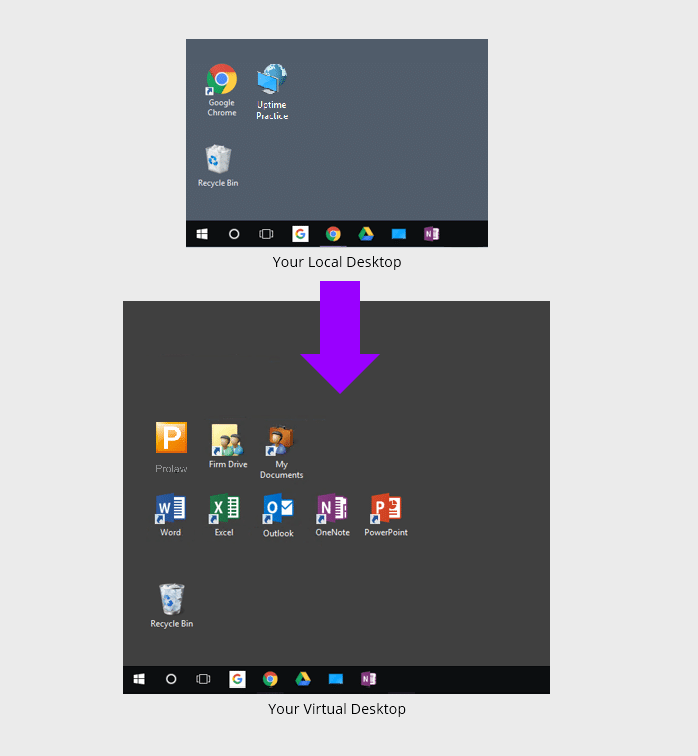
When you, or anyone on your team, logs into the virtual desktop, you’ll find an environment built to give you access to all of your firm’s software, documents, and data.
Some of these include:
- Your Orion Legal Software
- Other of Your Law Firm’s Software
- Productivity Software (i.e. Microsoft Office)
- All of Your Documents, Files, Folders
- Your Email and Calendar
By adopting the Virtual Desktop model, you can easily provide your entire firm with access to Orion (plus all of your other applications, files, and data) from anywhere and on any device.
Give up the days of installing, updating, and maintaining each of your applications on each computer within your firm. Instead, allow a Cloud Service Provider, like Uptime Practice, keep all your software up to date and ready to use.
Related:
Related – Virtual Desktops for Law Firms: How They Work, and Why Your Law Firm Should Probably Use Them.
Are Virtual Desktops Right for You?
The short answer is that under most circumstances, yes.
They bring a multitude of benefits for your law firm, and they are the best route you can take in any of the following scenarios:
- Your firm is committed to the Orion software
- Your firm uses a combination of devices (Windows, Macs, Tablets)
- Your firm needs to be able to work from anywhere
- You're tired of dealing with servers and IT headaches
- Your firm needs to keep your applications an data secure
Further down the article, we’ll cover selecting the best Virtual Desktop provider for you, and how you can do your due diligence in this process.
Virtual Desktops Demonstrated
For an example of working in a Virtual Desktop, watch our demonstration of Uptime Practice.
Migration: How to Move Orion Legal Software to the Cloud
We’ve talked about how Orion in the Cloud works, the benefits that come with it, and the functions that you should care about as a law firm. Let’s say for the moment that you’re ready to make the switch.
Good choice! Now we can talk about what it looks like to move Orion to the cloud.
Steps to Move Orion to the Cloud
Step 1: Onboard Project Manager
As with any well-managed project, your Orion cloud migration will be most successful if you have a single point of contact.
We call this person an Onboarding Manager but could also be referred to as a project manager.
This point of contact is responsible for setting clear expectations and concisely communicating each of the steps.
Uncertainty has no place here.
Essentially, your Onboarding Project Manager should outline specific timelines, expectations, and what they need from you to complete the migration of Orion.
Step 2: Discovery
Good services providers will have some well-defined and documented processes for onboarding your law firm.
Nonetheless, the process is never cookie-cutter and shouldn’t be treated as such. It’s important to tailor the Orion cloud migration to exactly fit the needs of the client (you).
This process involves a deep investigation and assessment of your law firm’s current environment, including:
- Inventory of Software to be Migrated
- Inventory of all Documents and Data
- Identifying Email Accounts and Settings
- Documenting Third-Party Services, Logins and Accounts
- Inventory of Network Devices and Peripherals
- Testing of Firm Internet Speed
Step 3: Build
Following discovery, it’s time to start building.
Your Orion hosting provider will begin by developing your private cloud environment. A good provider should have a well-developed process that they’ve used for other law firms and can probably build your private cloud rather quickly.
The Onboarding Manager and engineering team will install your software, provision your email accounts, and generally build the “shell” of your complete IT platform.
This process includes:
- Provisioning of Virtual Servers
- Setup of Each User Profile / Virtual Desktop
- Installation of Your Firm's Software
- Setup of Your File System (Including Permissions)
- Thorough Testing of Your New Cloud Environment
Step 4: Migrate and Go Live
After building, your Orion cloud software provider will start collecting data and information from the current environment.
Each part of your law firm’s software and technology will be moved over, piece-by-piece.
The migration process includes:
- All Applications and Data (including Orion)
- Filesystem, Folders, and Files
- Mailboxes, Emails, Contacts, and Lists
- Utility Functions (Print Servers, DHCP, DNS, etc.)
The transfer itself should be thorough and harmonious.
All data will be safely transferred to the cloud. Post-transfer of your data, your onboarding manager should guide their team through the testing of every application, computer, and any other related components.
To avoid or minimize any downtime that your law firm could experience, your Orion hosting provider should prioritize efficiency by scheduling and carrying out the migration during an off time. This could be at night, on the weekend, or any other time that would ensure the process is quick and painless.
Step 5: Training & Ongoing Support
A successful migration doesn’t end once the last file is moved. In fact, that’s just the beginning.
Your Orion hosting provider should have a clear training plan ready from day one, ensuring every staff member knows how to work in the new cloud environment.
Some handholding is expected—especially for those who may be hesitant to change—and a good provider will offer it.
Beyond training, ongoing account management and on-demand support are critical.
You want a provider who feels like a partner: responsive, knowledgeable about legal technology, and invested in your long-term success.

A careful onboarding and support process is the difference between a smooth transition and a frustrating one. With the right provider and preparation, your firm can begin running Orion in the cloud quickly—and confidently.
The Economics of Orion in the Cloud
Hosting Orion in the cloud brings clear advantages: anywhere access, stronger security, and greater reliability. But the financial side deserves just as much attention.
Running Orion on in-house servers often costs more than firms anticipate. Beyond the servers themselves, there’s the supporting infrastructure—backup systems, power redundancy, and security layers—not to mention the expense of hiring IT consultants to configure, monitor, and maintain everything.
Even with careful planning, annual costs for on-premise systems almost always exceed expectations.
By contrast, private cloud solutions bundle hosting, maintenance, backups, and security into a predictable monthly expense. To fully understand the economics, it’s worth comparing these models side by side: the private cloud versus the on-premise/DIY IT approach.
Watch the video below to learn more about the Financial Case for Cloud Computing:
On-Premise IT
Up-Front Costs
Servers usually last about 3-5 years before the risk of server failure increases past comfort.
So, to measure your upfront costs, we’ll need to account for all costs generated during each server cycle. These costs are buying and implementing server infrastructure.
Including:
- Server Purchase
- Backup Hardware & Software
- UPS / Battery Backup
- Windows Server Licensing
- SQL Server Licensing
- Desktop / Network Setup
- Implementation (IT Consultant)
The best way to create a budget and understand these costs is to get each one priced and record them in a spreadsheet. This will help ensure that you are not missing anything while providing a way for you to easily add up the costs.
On another related note, it’s pertinent to factor in the software that your law firm uses when determining these costs.
Consider the following: What caliber of servers does your law firm require to run your software correctly and without fail? Does your law firm require numerous, dedicated servers? Will you need VMWare virtualization?
For these questions and more, the answer lies in the software that you use.
Particularly, it’s decided by your Practice Management and Document Management Software. Different applications have different demands to be met.
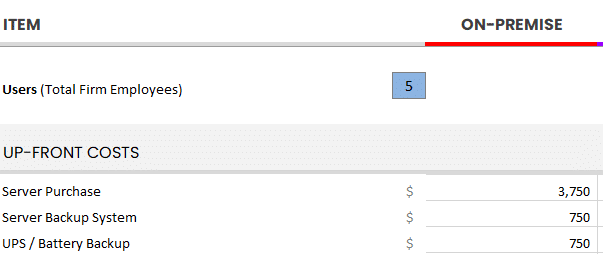
Try our Cloud Cost Calculator to estimate the relevant upfront costs for your law firm.
Ongoing Costs
We can’t quite end the conversation with upfront costs. We’ll also need to cover ongoing costs because they add up – very quickly.
You will need to analyze the costs generated both monthly and annually (renewals, maintenance, etc.).
Then, you can determine your average costs by month or year.
For most law firms, these costs often include:
- Managed IT Service
- User Support / IT Help Desk
- Offsite / Remote Backup
- Remote Access Solution (VPN, RDS, etc.)
- Practice Management Software
- Office 365
- Security Maintenance & Renewals
When you add up these ongoing expenses, be sure to include fixed monthly costs (like a Managed IT Provider contract) and the costs that are a bit more unpredictable (like hourly IT support).
For the more sporadic costs, you may be uncertain about how to estimate a reasonable budget for something you can’t foresee. In this case, I recommend averaging the past 2-3 years of this expense to get some idea of what you can expect down the line.
After you find the total of these costs, you’ll have your average monthly IT spend.
Unplanned Costs of On-Premise Servers
Unfortunately, you can’t always know what the future holds for IT expenses.
Identifying and budgeting for these costs can save you from some real trouble later on. Of course, you will want to be proactive about IT whenever possible, for it considerably lowers the possibility of IT problems impacting your business heavily.
However, it is nearly impossible to prevent all unforeseen problems, so it’s important to be wary of the forms these may take.
For example, you may encounter:
- Unexpected Server Crashes
- Unexpected Network Repair
- Unexpected Data Recovery Costs
- Software Updates Causing Impromptu Server Upgrades
Essentially, some costs you can predict and plan for because they’re consistent. For others, you still need to plan and budget for, but it becomes increasingly difficult when they’re unpredictable.
With all that considered, adding your upfront costs, monthly costs, and spontaneous costs leaves you with your Totally Cost of Ownership for On-Premise IT.
Comparing Servers to the Private Cloud
Now that we’ve detailed the costs of server ownership, the next logical step is to compare them to the alternative – a Private Cloud.
Hopefully you understand and align with our demonstration of the Private Cloud as an objectively better option than keeping it all in-house. In terms of mobility, advanced security, and dependability, the Private Cloud takes the cake.
Still… a solution is better understood and adopted when the bottom line is also considered. So, this leads us to asking, is in-house IT more affordable than cloud-based IT?
The simple answer? No.
A Private Cloud’s costs usually include:
- A One-Time Implementation Fee – Typical Range: $2,000 - $6,000.
- An All-Inclusive Monthly Fee – Typical Range: $105 - $159 / User / Month
It’s noteworthy that, with a good fit Private Cloud provider, these figures include all technology that you alternatively need to purchase and maintain. On-Premise IT is, as we’ve shown, difficult to budget for due to its hidden and unexpected costs.
Fully-managed Private Cloud have simple, clear, and predictable costs that you can budget for and more easily afford.
Related:
Related – The Financial Case for Cloud for Law Firms: The cloud can be substantially more cost-effective than its alternatives. Learn more.
Doing Your Due Diligence & Mitigating Risk
With your understanding of Orion in the cloud functionally, and the benefits of migrating to the cloud, let’s talk about the need to do your due diligence.
With the various methods for migrating Orion to the cloud, it is up to you to decide what is the best way for you to accomplish the transition carefully and efficiently.
As migrating to the cloud has risen in effectiveness and popularity, law firms are faced with the problem of increasingly more companies wanting to serve as their cloud server providers.
While it’s great to have options, it’s important to distinguish those who claim they can handle your cloud migration and maintenance and those who can actually do it.
Just saying “Hey, we offer Orion Cloud Hosting!” isn’t enough to make them qualified to do so. Why?
Migrating, operating, and maintaining Orion in the cloud is not a simple feat.
Hosting Orion requires enough knowledge to ensure that it migrates properly and continues to function as needed.
We could write an entire article on how to be diligent about finding the correct cloud provider, but here are a few key points to consider as you’re comparing providers:
- Confirm that the provider is authorized to host Orion
- Confirm the provider has correctly hosted Orion for 20+ law firms
- Confirm the provider encrypts data while both in-transit and at-rest
- Confirm the provider backs up data to various data centers across the country
- Know the provider’s protocol if served with a subpoena for your data
- Confirm data sovereignty – that the data will only be stored in your country
- Confirm that you retain exclusive ownership of your data
- Know that the provider's data center is SSAE16 audited and certified
- Confirm the provider owns the server equipment (not simply reselling Azure or Amazon)
- Confirm that the provider guarantees 99.99% Uptime
- Confirm the provider is and remains complaint with all software licensing (Microsoft, VMWare, etc.)
This narrows down a large list into a short list.
From here, do your own homework for each contender.
Here are some ways to accomplish that:
- Ask for references and contact them
- Get the company’s case studies and evaluate them
- Look at the Google reviews to determine customer satisfaction
Quick tip:
If you want to see the Google reviews for any company you’re considering, all you need to do is perform a Google search for that company. If you don’t see anything, that company may not be reputable enough to have gained a Google presence.
Otherwise, the Google listing and reviews will show up in the search results sidebar, like so:
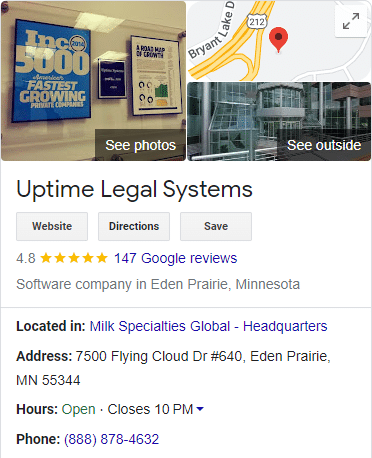
Learn more about doing your due diligence:
Related – 25 Things To Ask Your Legal Private Cloud Provider: Ensure you’re getting the best provider for your cloud-hosting needs.
Orion Legal Software in the Cloud – Frequently Asked Questions
Yes, Orion can operate in a Private Cloud with the help of a cloud service provider.
You can migrate Orion with the help of a company that specializes in hosting law firms’ software on the cloud.
A Private Cloud is a dedicated, private environment that can be accessed from any computer. This Private Cloud will provide all necessary IT functions without the need for on-premise servers.
A Virtual Desktop provides your firm with access to all of your software, data, and more – from any computer.
Orion should be much more reliable than relying on your in-house servers, but it heavily depends on the quality and expertise of your chosen cloud provider.
Contrary to common beliefs from the past, utilizing the cloud is typically more secure than housing your own servers.
However, there is still variation in security, so be sure to choose your provider carefully.
It varies with cloud providers, how many users your firm needs to account for, and the technological needs of your particular law firm. With that being said, many law firms spend between $115-$159 / User / Month to run Orion in the Cloud.
If you prioritize this, you can find a provider who does grant this (we do).
However, it is your responsibility to read contracts carefully and confirm this before you sign anything.
Depending on the cloud provider, they may require that a 3rd party VAR or IT consultant perform all updates.
Uptime Practice, on the other hand, manages all software updates and maintenance you’ll require.
As cloud computing has become more mainstream, many bar associations have expressed their views on cloud computing and data security. In fact, many even recommend it.
Here’s an excerpt from the ABA website:
“Most fears about trusting client information to ‘the Internet’ are misplaced. One misconception is that client information may be intercepted as it travels across the Internet. Modern encryption has progressed to the point where it is unbreakable. Cloud companies understand that their reputations for protecting customer information are crucial. A single security breach would cost them dearly. Your client information is more secure stored on a reputable, professionally managed cloud server than on your office computers.”
This depends on the cloud provider you choose. I can say that Uptime Practice ensures that your Private Cloud works seamlessly with almost all scanners, printers, and the like.
Printers appear and function in the same way in your virtual desktop as they would on your typical, local computer.
Since Orion is Windows-based, it can’t run on Macs as-is.
With that being said, one of the great aspects of certain Virtual Desktop solutions, such as Uptime Practice, enable you to run Orion on a Virtual Desktop that is accessed from the desktop of your local Mac computer.
Ready to Move Orion to the Cloud?
At Uptime Legal, we host Orion and other legal software for hundreds of law firms across North America.
Get in touch with our team to learn more about Orion in the cloud for your law firm.
Learn More
Learn More about running Orion in the Cloud.
Uptime Practice:
The IT & Cloud Platform for Law Firms.
Uptime Practice is a suite of Managed IT and cloud services, made exclusively for law firms.
Practice Next
Technology + Legal Software Support for Modern Law Firms
Practice Next is a suite of Managed IT, Legal Software Support, and Cloud Essentials, made just for law firms.
-
Practice Next is a suite managed IT, technology essentials and legal software support.
-
Practice Next includes unlimited IT and legal software support, Microsoft 365, legal-centric cloud storage and more.
-
Practice Next pairs great with cloud-based legal software such as Clio Manage, CosmoLex, MyCase and more.
Practice Go
Cloudify Your Legal App
Does your law firm already have a cloud strategy, but have one premise-based application still running on onsite servers? Practice Go is for you.
- With Practice Go, we effectively turn your desktop/server- based legal software into a cloud application (a Published App), freeing your firm from the limitations of traditional software.
- Practice Go can cloudify your PCLaw, Time Matters, Tabs3, ProLaw, Juris, QuickBooks and more.
Practice Foundation
Complete Private Cloud for Law Firms
If your law firm needs a central, secure cloud platform for all of your legal software, documents and data, Practice Foundation is for you.
-
Practice Foundation is an end-to-end cloud platform that will host all of your firm's applications and documents, and will optionally include Office 365 + unlimited IT support. Everyone in your firm logs into a Virtual Desktop where they'll find all of their apps and docs.
-
Practice Foundation works with PCLaw, Time Matters, Tabs3, ProLaw, Juris, QuickBooks, Timeslips, TrialWorks, Adobe Acrobat and more.
Not Sure Which Edition You Need?
No problem. Check out our quick Comparison Chart for Uptime Practice, or Get in Touch to talk with our sales team.

Dennis Dimka
As the founder and CEO of Uptime Legal Systems, I've had the privilege of guiding our company to become a leading provider of technology services for law firms.
Our growth, both organic and through strategic acquisitions, has enabled us to offer a diverse range of services, tailored to the evolving needs of the legal industry.
Being recognized as an Ernst & Young Entrepreneur of the Year Finalist and seeing Uptime Legal ranked among the Inc. 5000 list of fastest-growing private companies in America for eight consecutive years are testaments to our team's dedication.
At Uptime Legal, we strive to continuously innovate and adapt in the rapidly evolving legal tech landscape, ensuring that law firms have access to the most advanced and reliable technology solutions.
Related Posts
September 16, 2025
How to Properly Utilize the 2025 Legal Software Report
September 30, 2024
How to Properly Utilize the 2024 Legal Software Report
April 1, 2024
The Financial Case for Cloud for Law Firms
March 13, 2024
Law Firm Collaboration Software
March 8, 2024
25 Things To Ask Your Legal Private Cloud Provider
March 5, 2024
How to Use ProLaw in the Cloud in 2025
January 9, 2024
VoIP for Law Firms
January 8, 2024
How to Use Time Matters in the Cloud in 2025
January 8, 2024
How to Use Juris in the Cloud in 2025
January 8, 2024
How to Use Tabs3 in the Cloud in 2025
January 8, 2024
How to Use TrialWorks in the Cloud
January 8, 2024
How to Use PCLaw in the Cloud in 2025
January 8, 2024
How to Use Timeslips & QuickBooks in the Cloud in 2025
December 15, 2023
ProLaw: Complete Review, Features, Pricing
December 15, 2023
Juris: Complete Review, Features, Pricing
December 15, 2023
PCLaw: Complete Review, Features, Pricing
December 15, 2023
7 Reasons Your Law Firm Should Consider Clio Manage
December 15, 2023
How to Use Worldox in the Cloud in 2025
December 15, 2023
7 Reasons Your Law Firm Should Consider Tabs3
December 15, 2023
LEAP: Complete Review, Features, Pricing
December 15, 2023
Tabs3 & PracticeMaster: Complete Review, Features, Pricing
December 15, 2023
QuickBooks for Law Firms: Complete Review, Features, Pricing
December 15, 2023
ProLaw Workspace – Review & Guide for Law Firms
December 15, 2023
Time Matters: Complete Review, Features, Pricing
December 15, 2023
TrialWorks – An Uptime Legal Review
December 15, 2023
Cybersecurity for Law Firms
December 8, 2023
Managed Cloud Services for Law firms
November 1, 2023
Clio Review: Details, Features, Pricing
October 24, 2023
AWS for Law Firms: A Complete 101
October 4, 2023
Azure for Law Firms: A Complete 101
September 28, 2023
Best Law Practice Management Software (2025)
September 5, 2023
Juris Support – How to Get Help for Juris
August 30, 2023
Tabs3 Support – How to Get Help for Tabs3
August 23, 2023
ProLaw Support – How to Get Help for ProLaw
July 24, 2023
PCLaw Support – How to Get Help for PCLaw
July 20, 2023
Private Cloud 101 for Law Firms
December 8, 2021
Key Trends from the 2021 Legal Trends Report
February 24, 2021
Uptime Legal Joins the Thomson Reuters Marketplace
November 18, 2019
Best Legal Practice Management Software for 2021
September 16, 2019
The Financial Case for Cloud for Law Firms
June 17, 2019
Law Firm IT – What Are Your Options?
January 28, 2019
PCLaw® Go – An Uptime Legal Review
January 7, 2019
Time Matters® Go – An Uptime Legal Review
October 24, 2017
